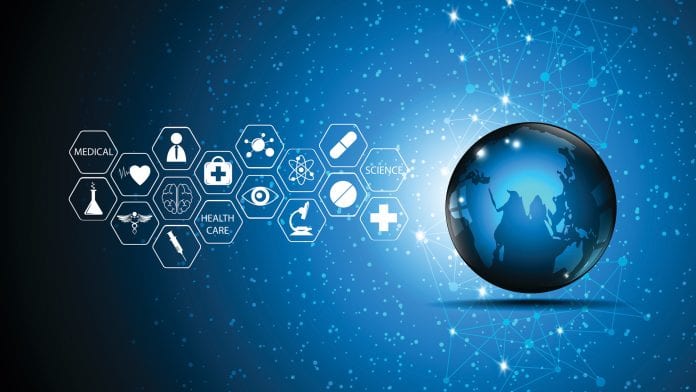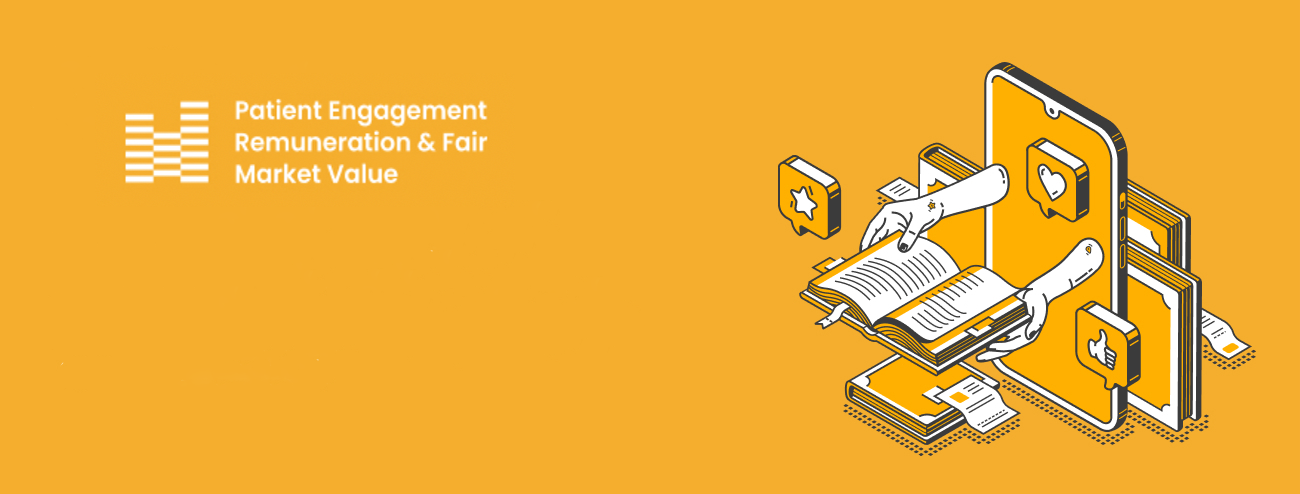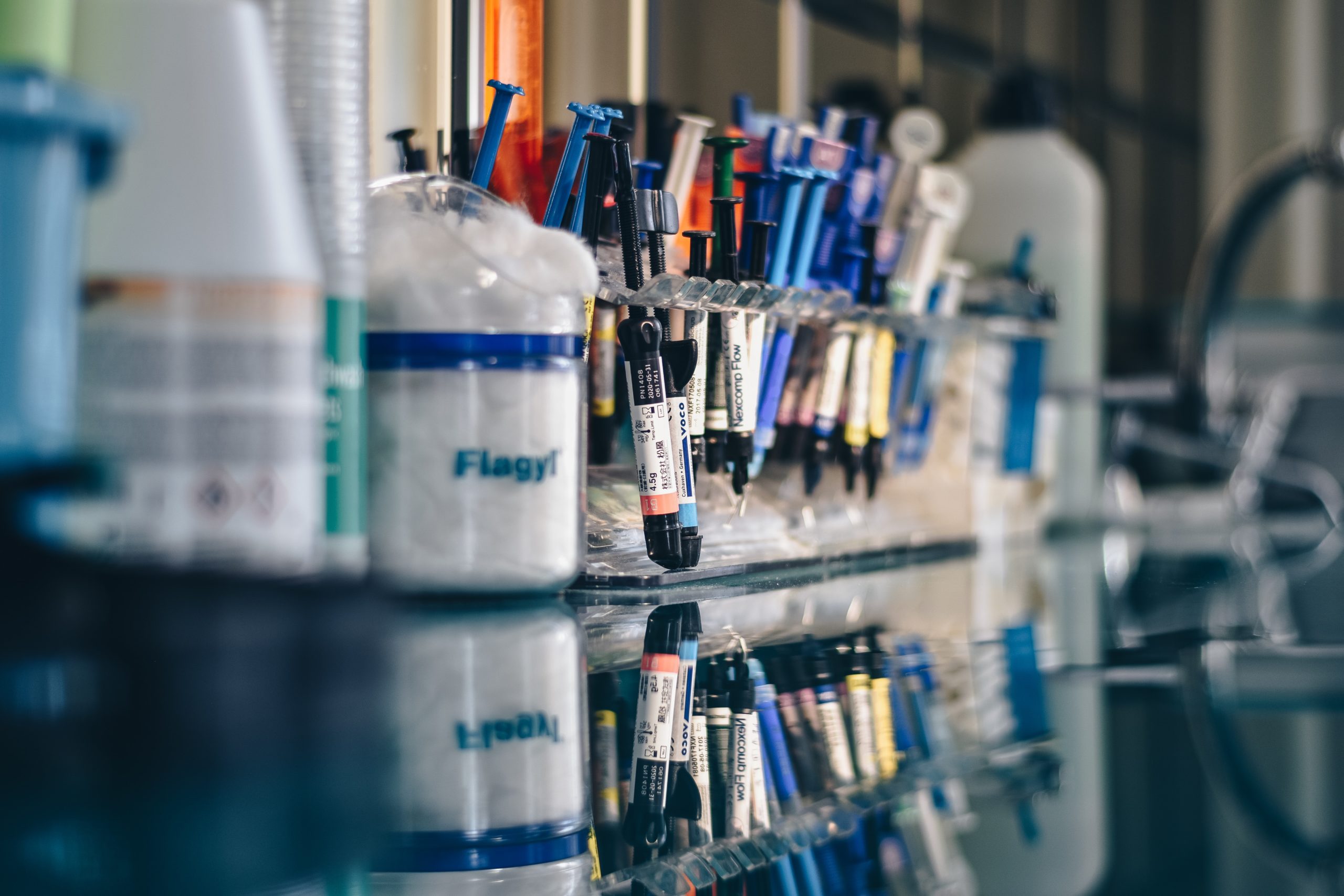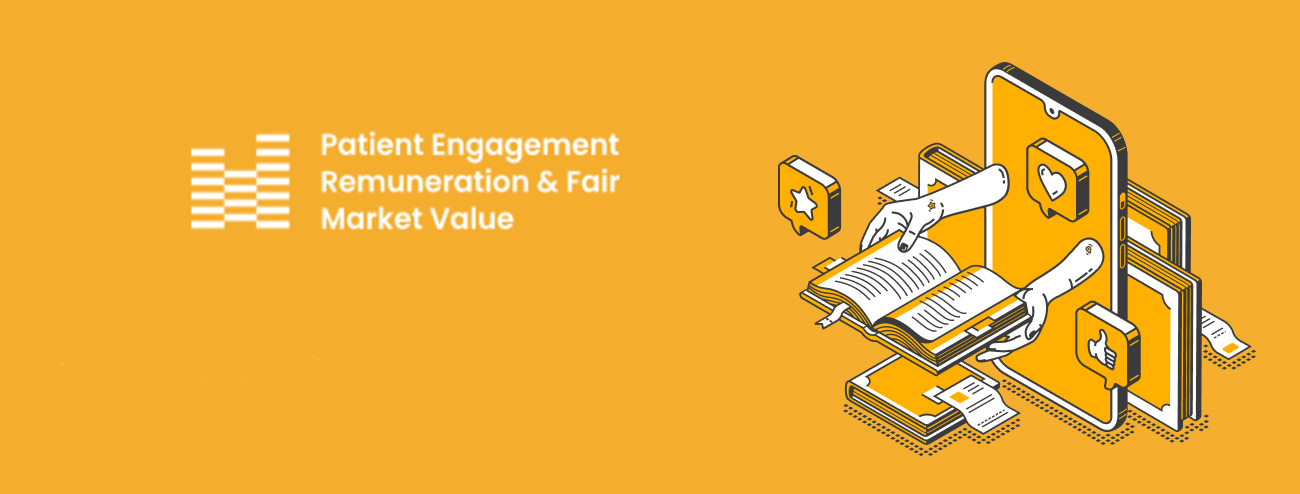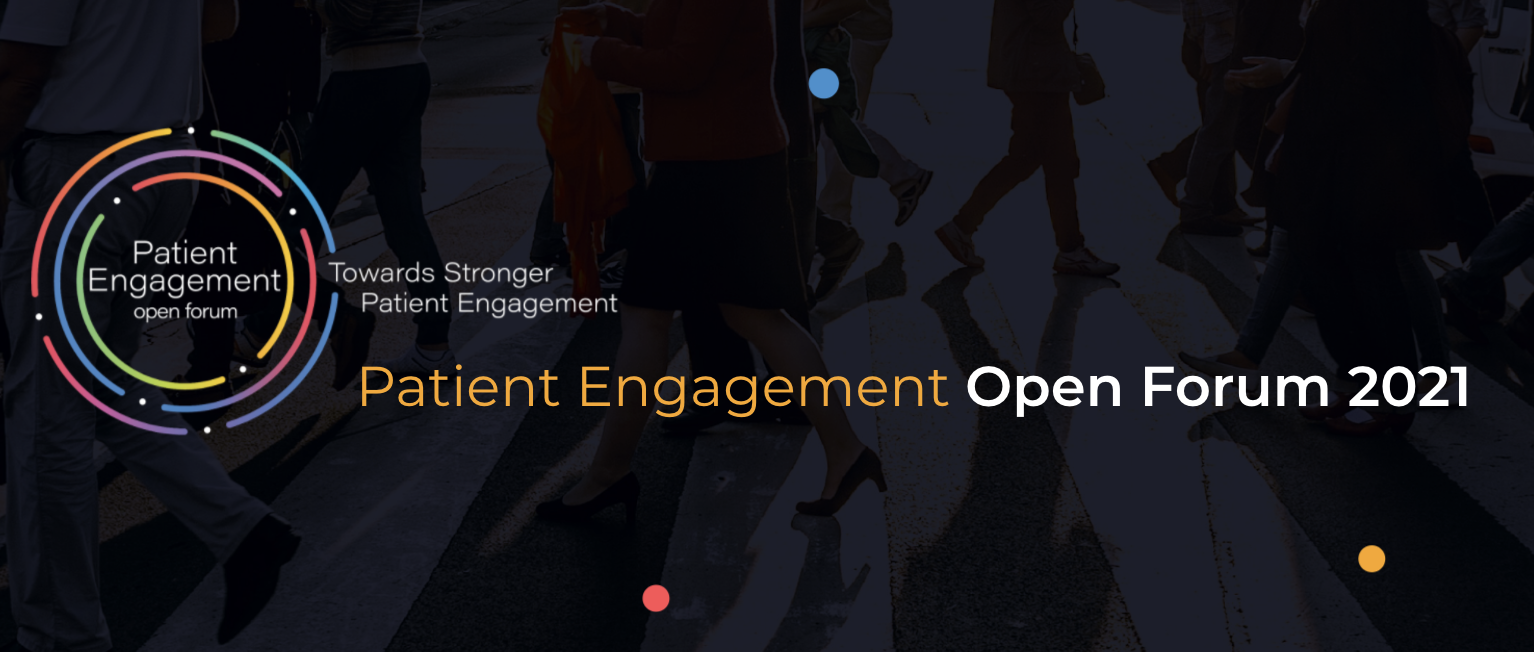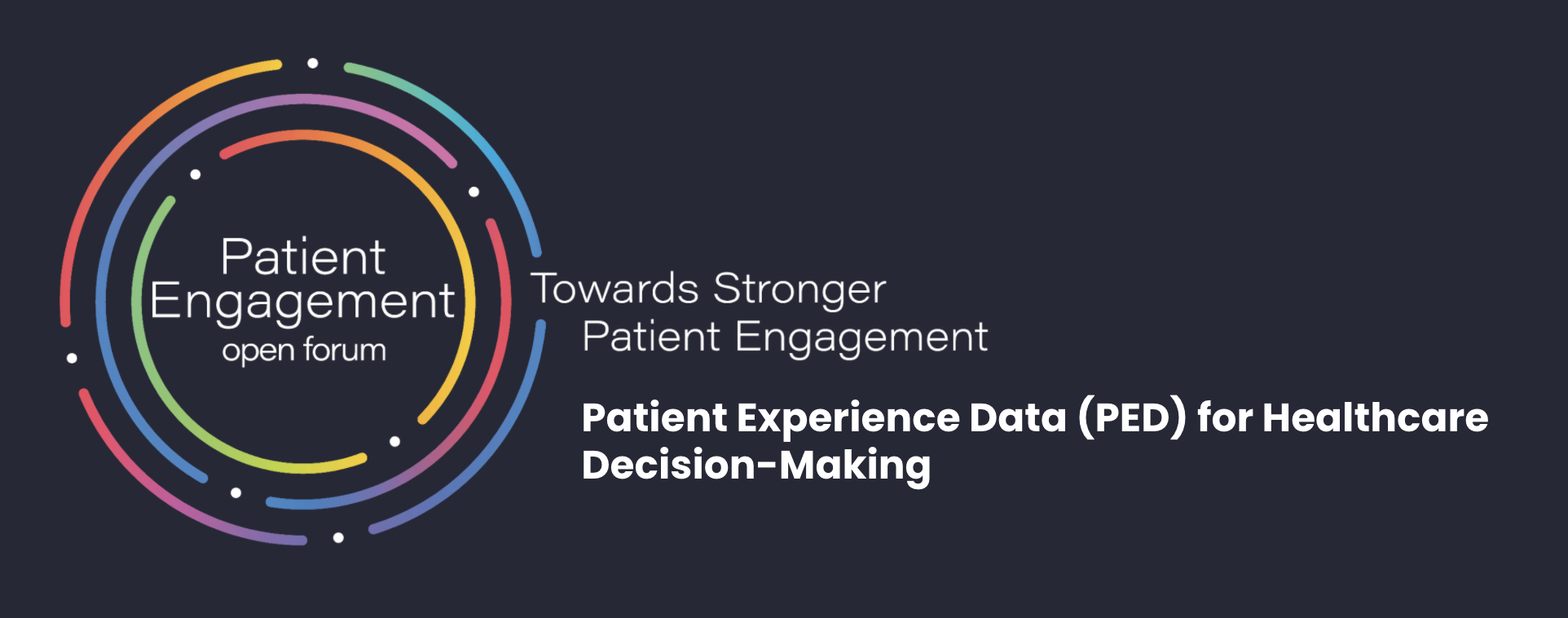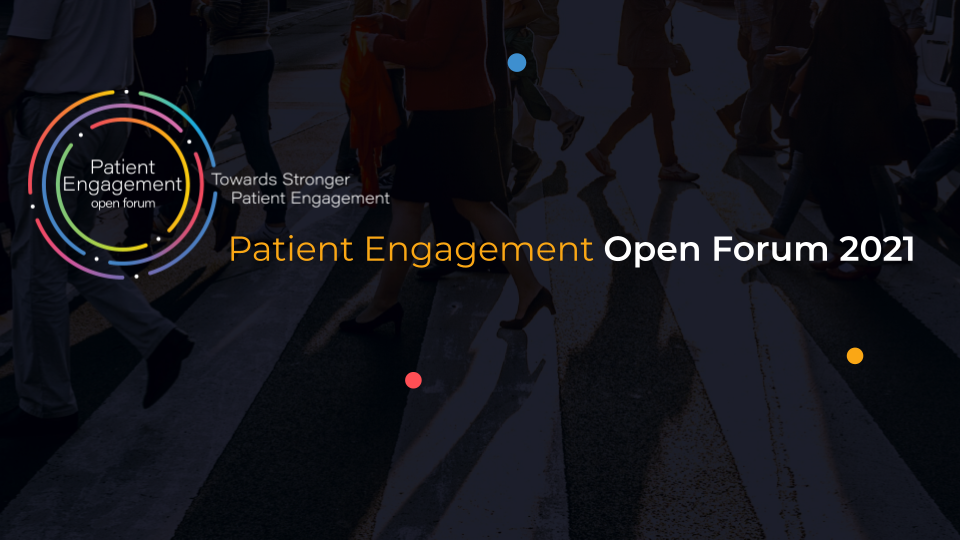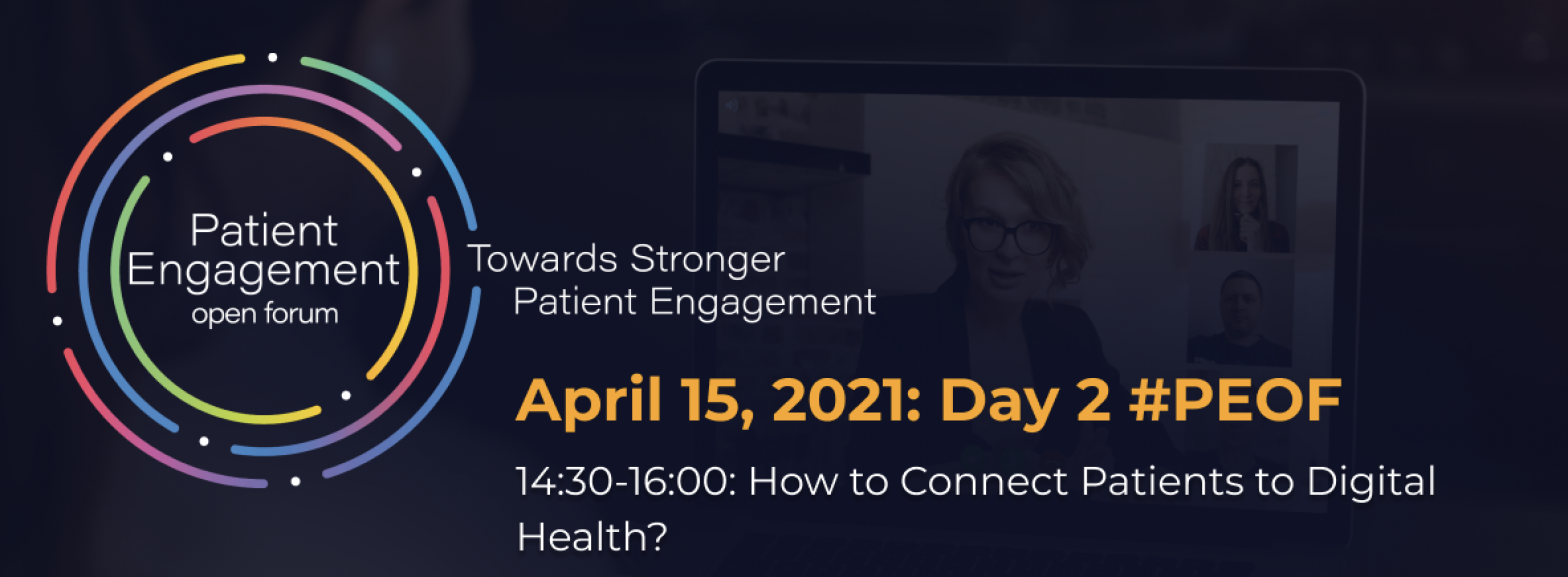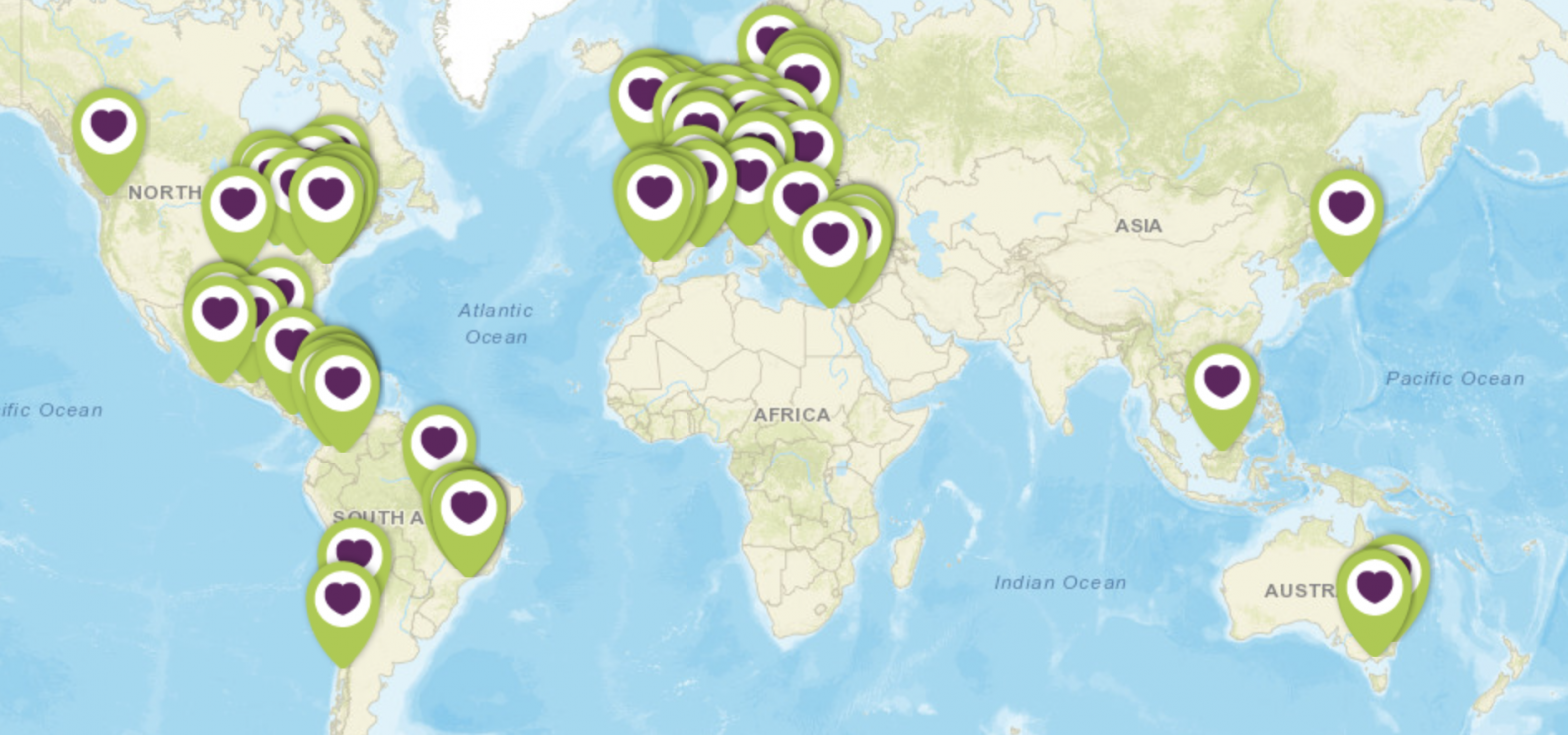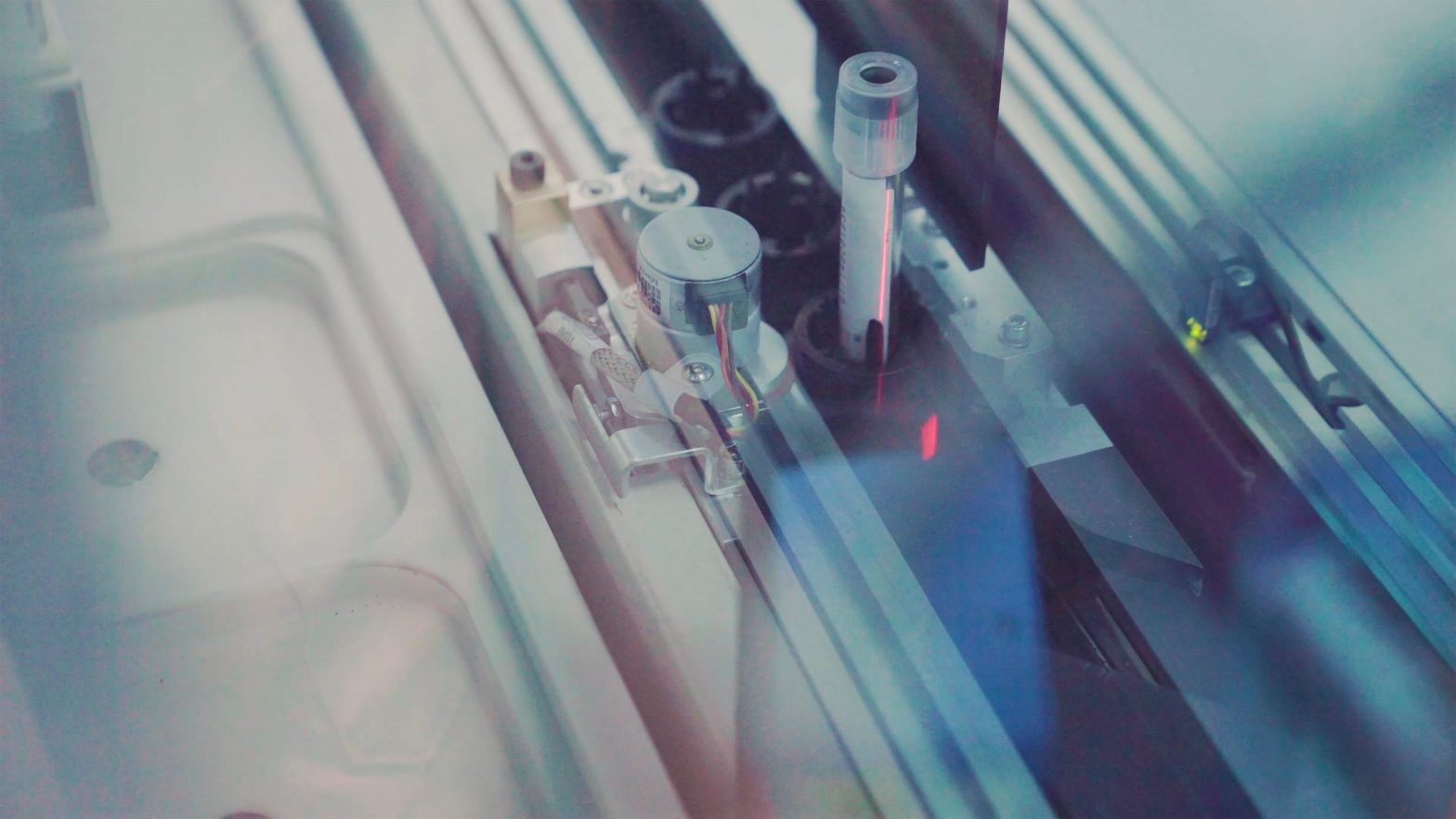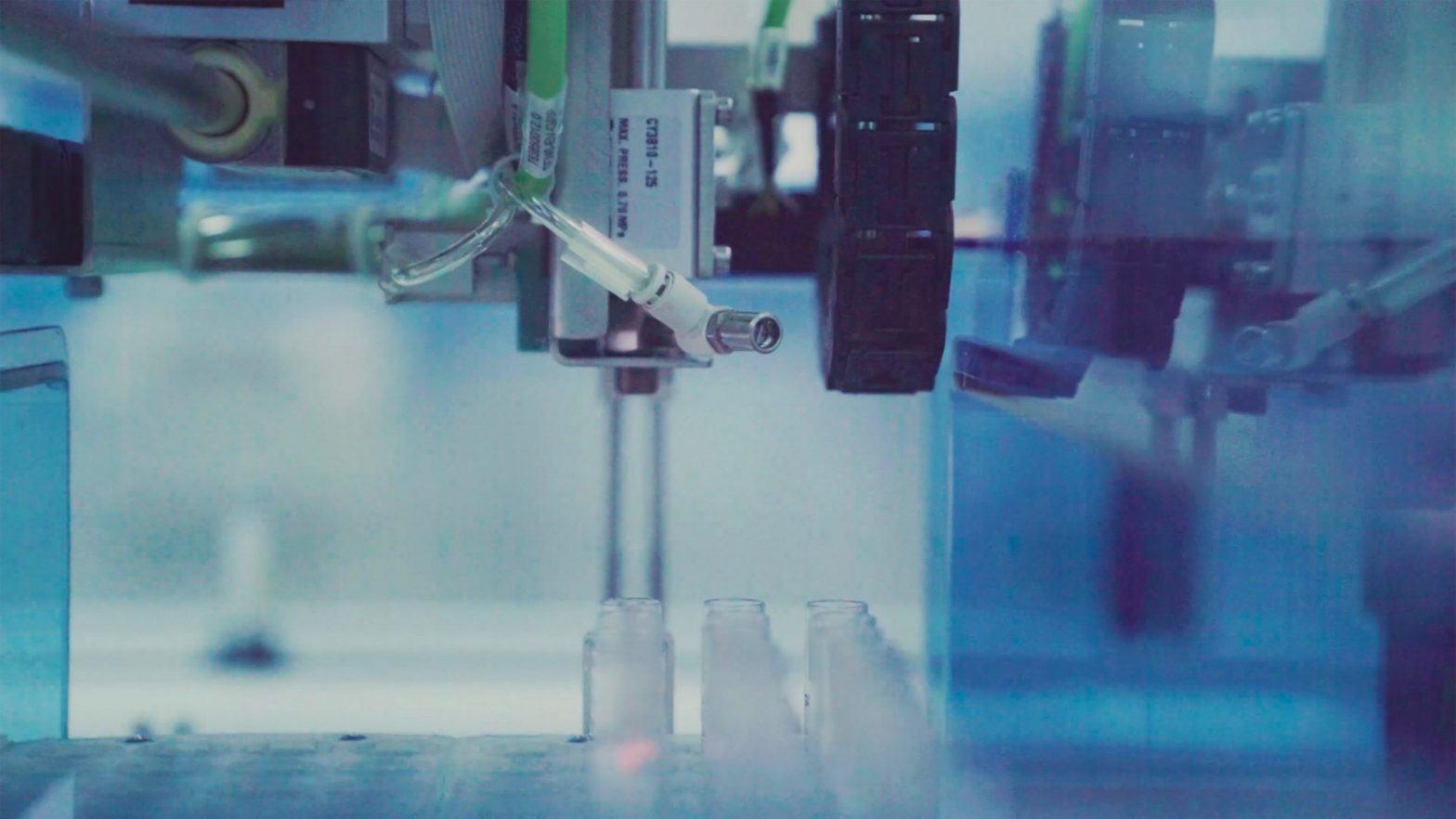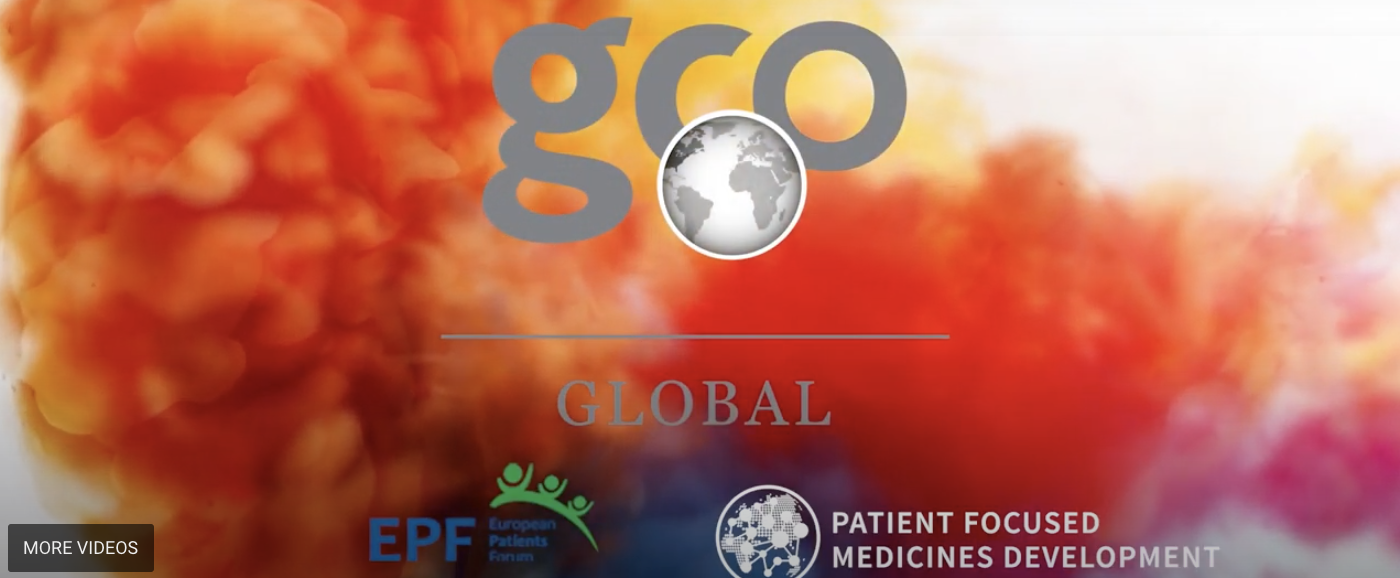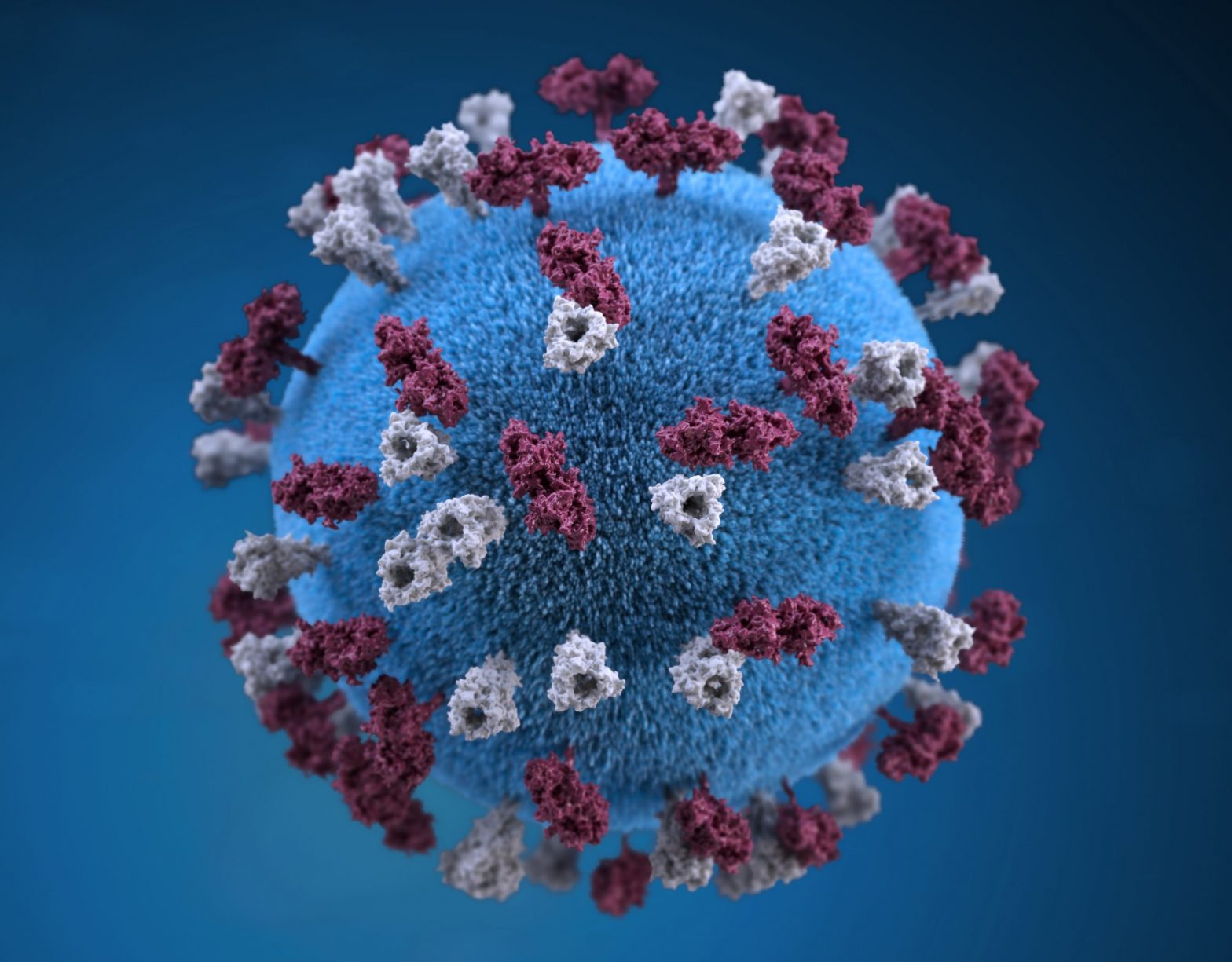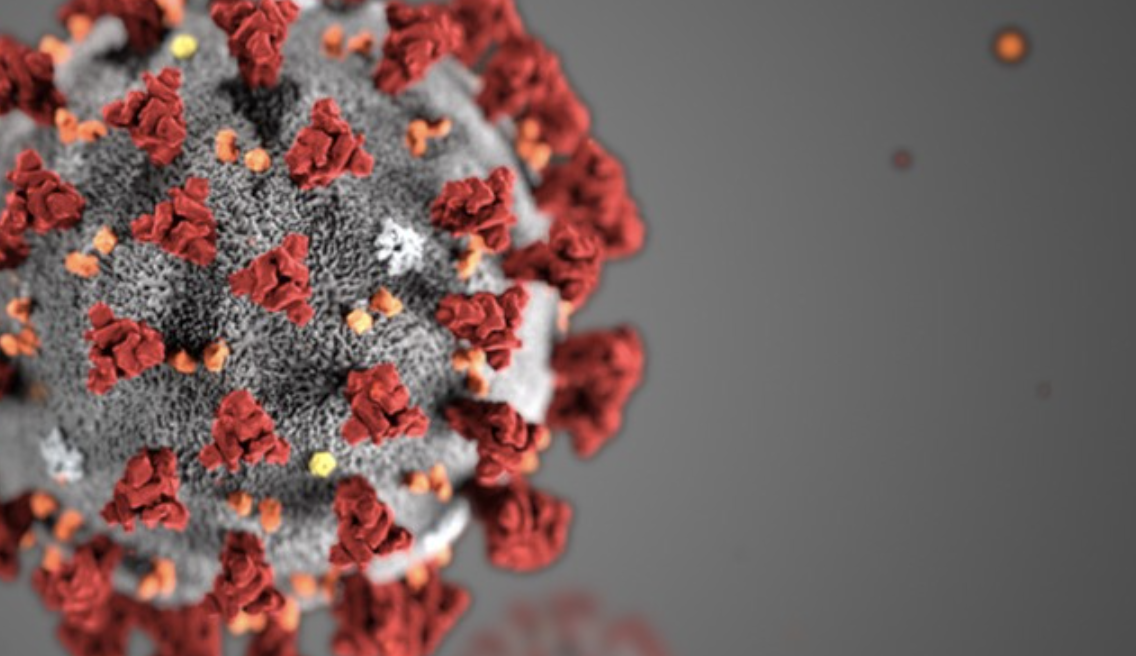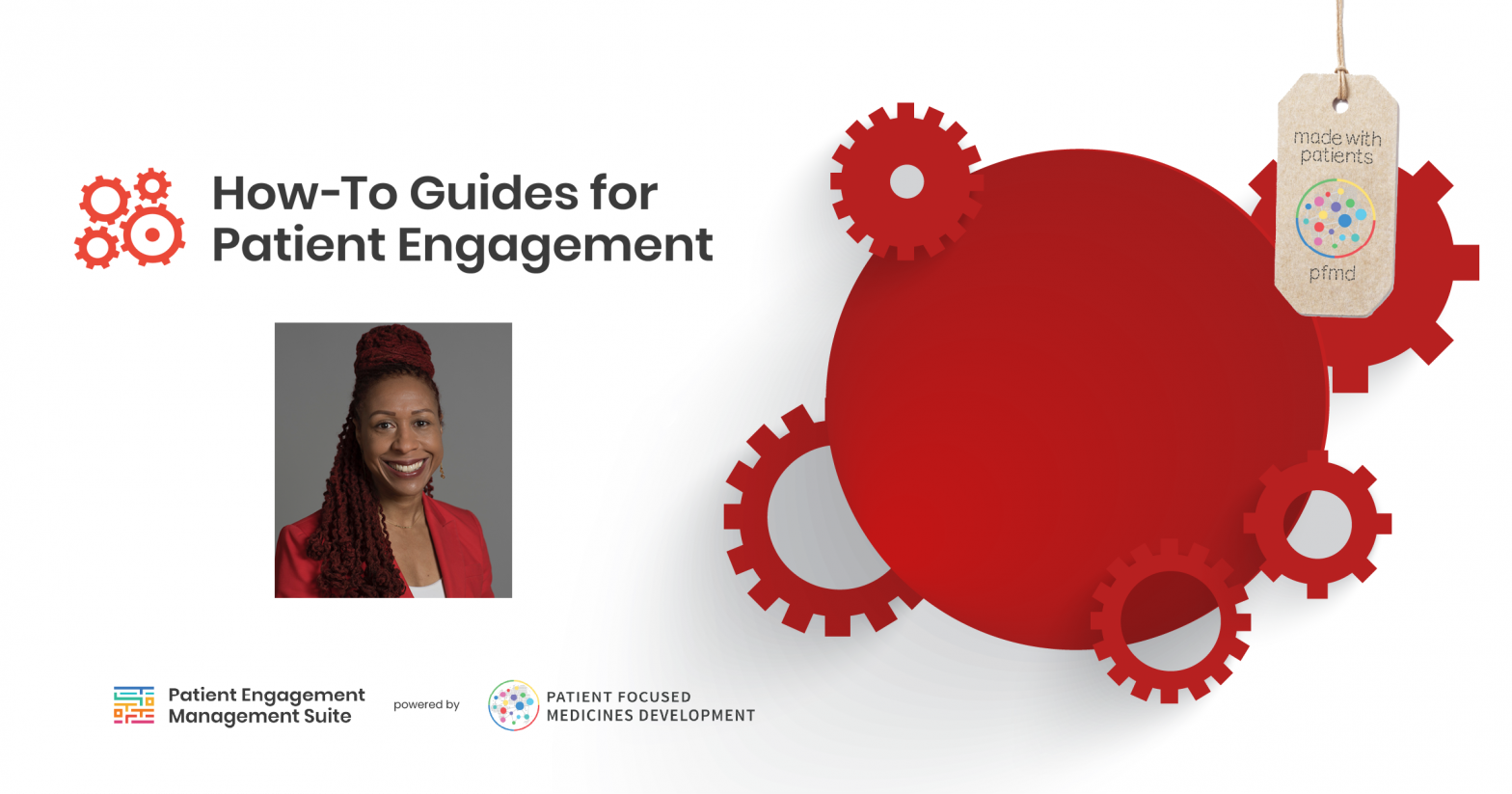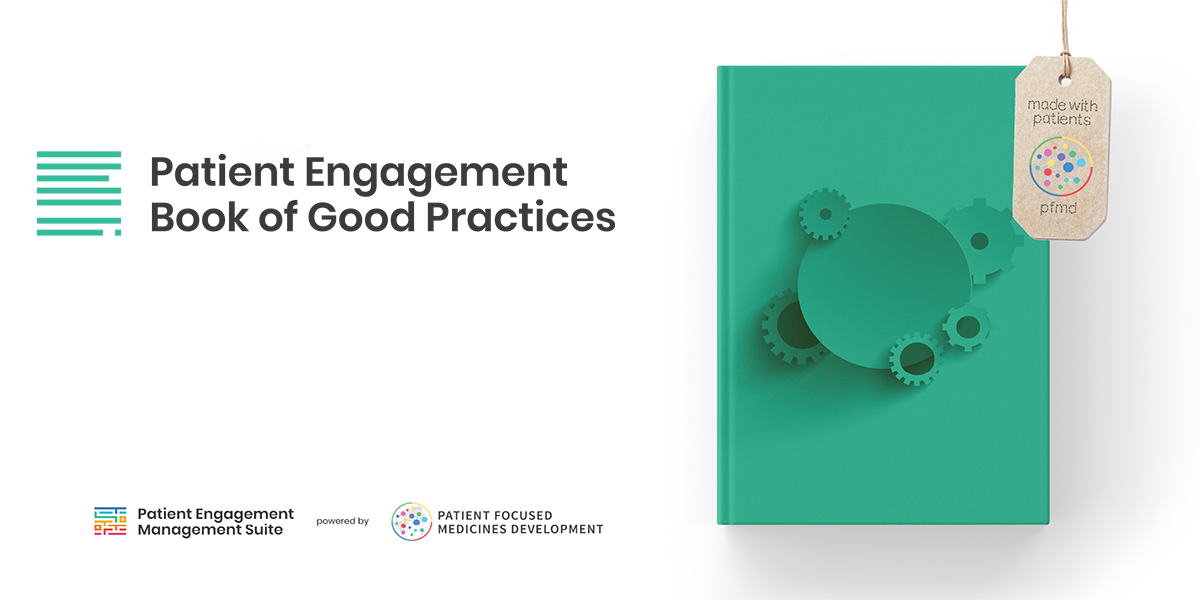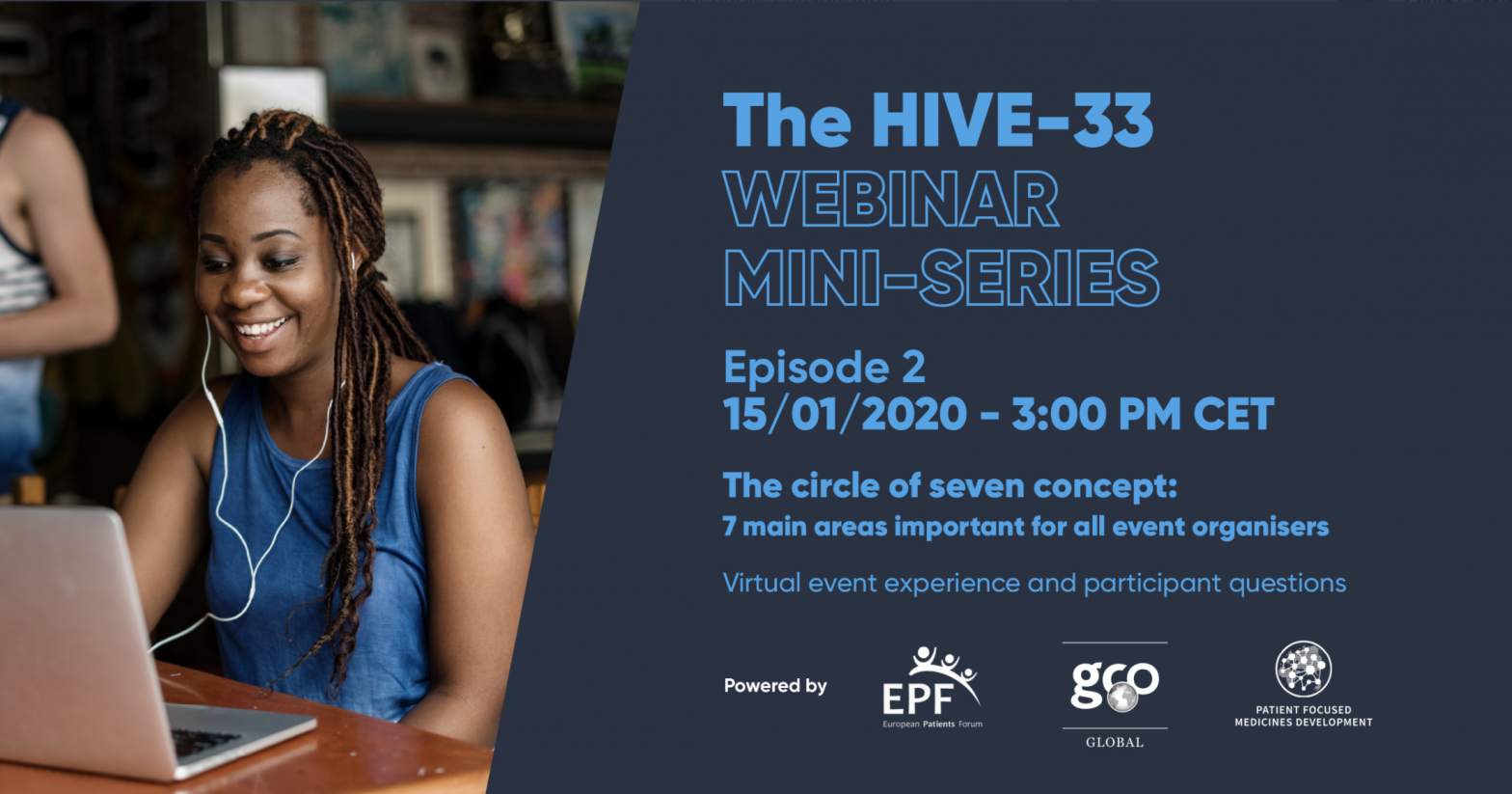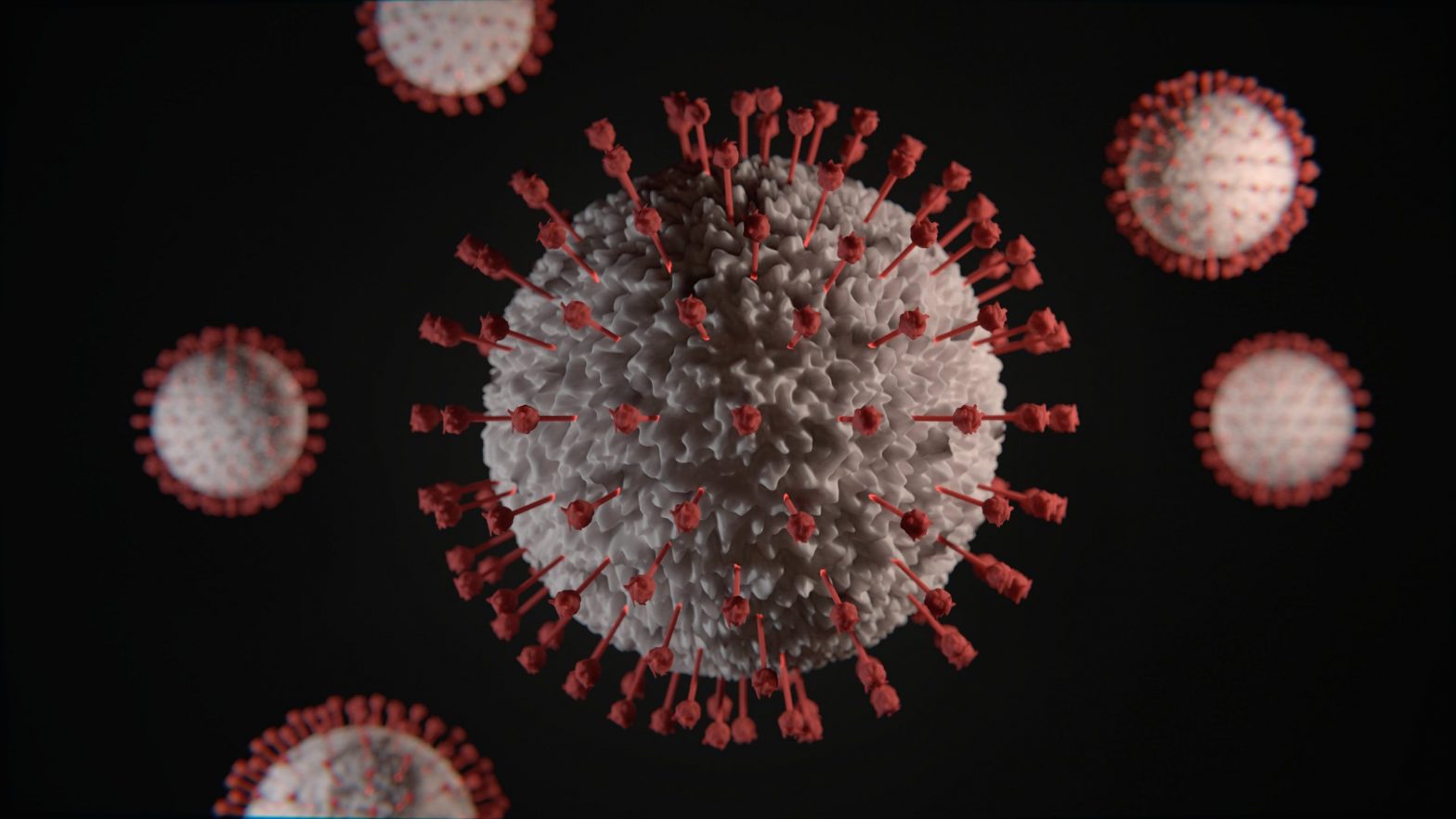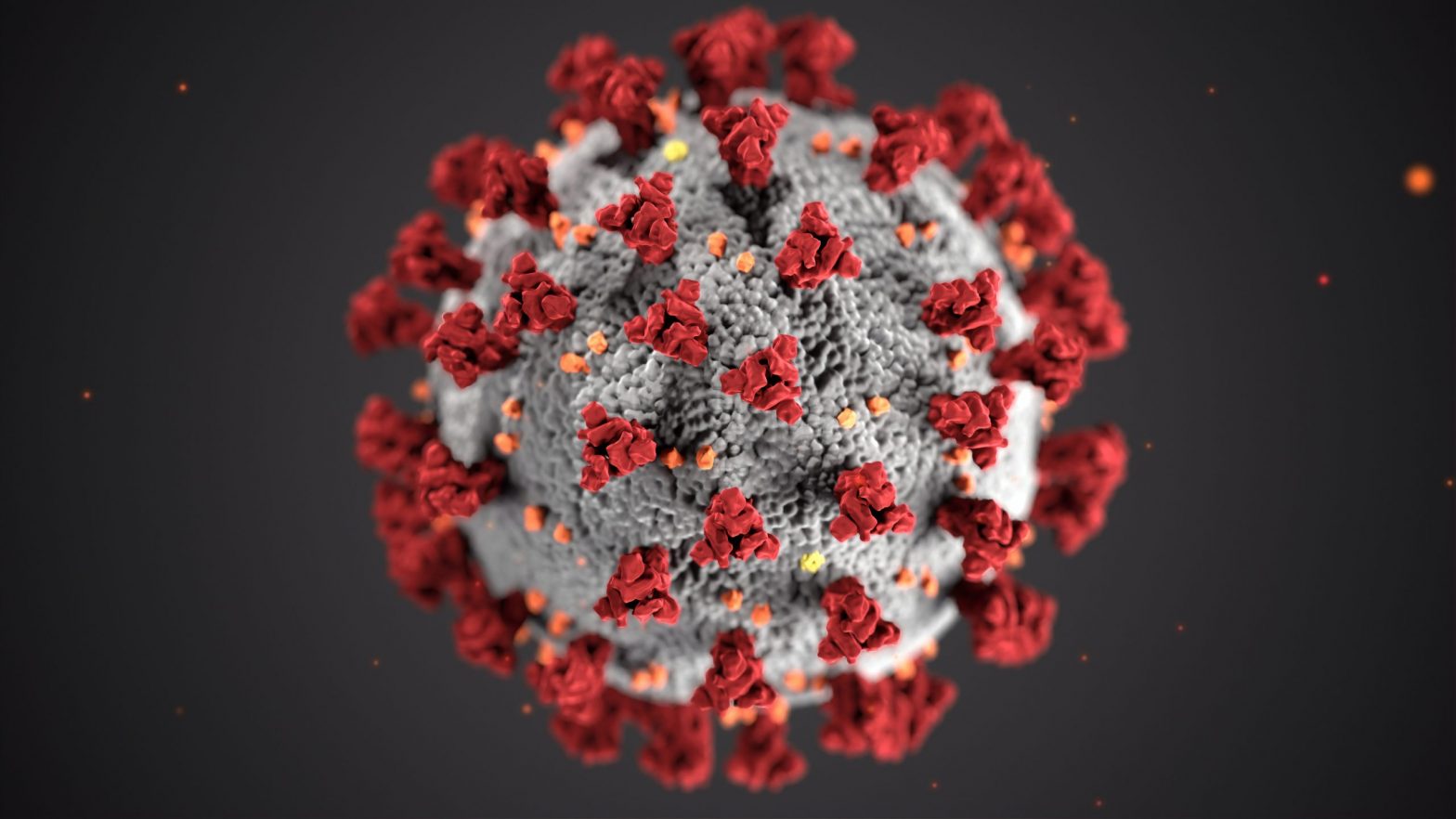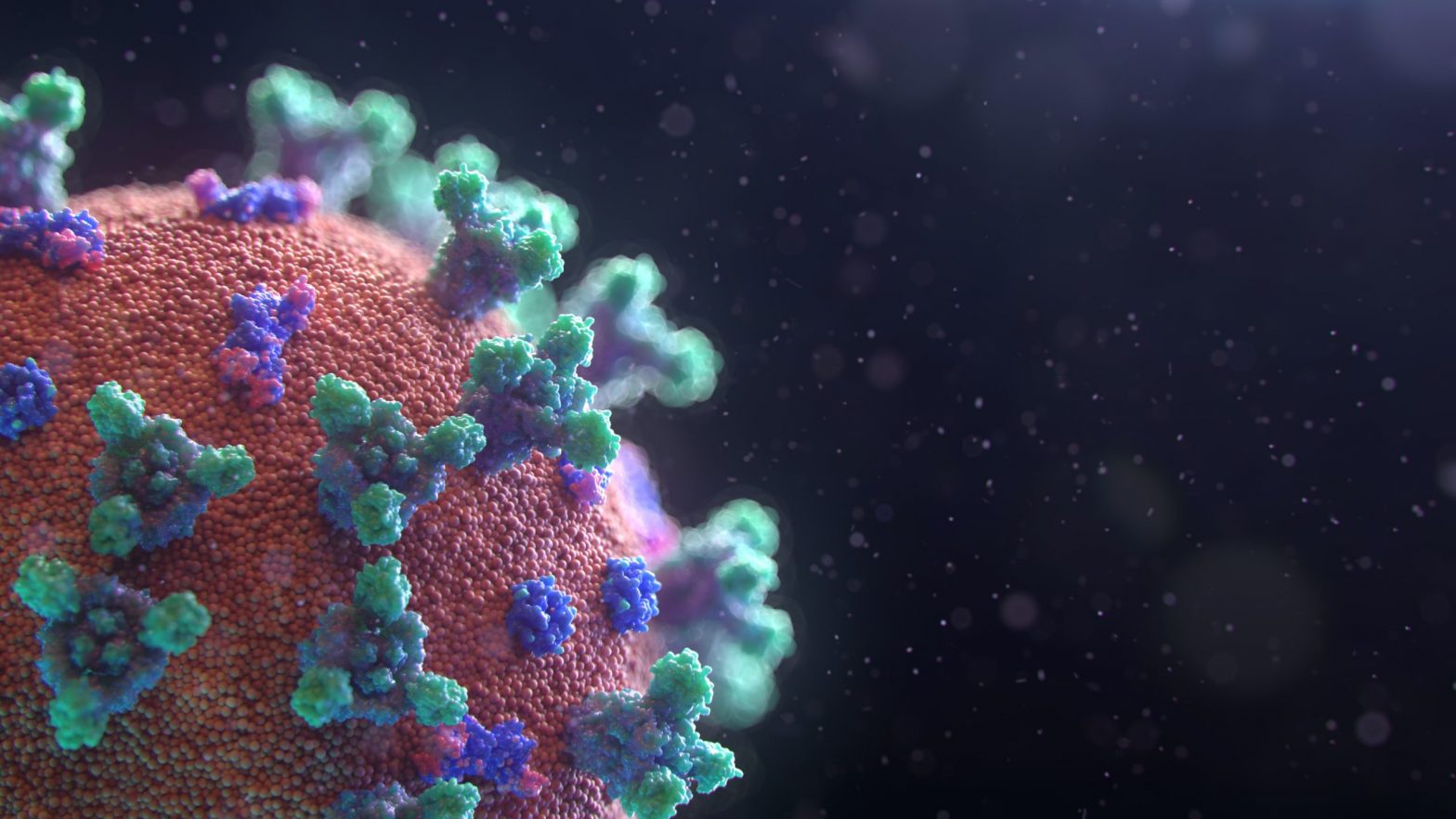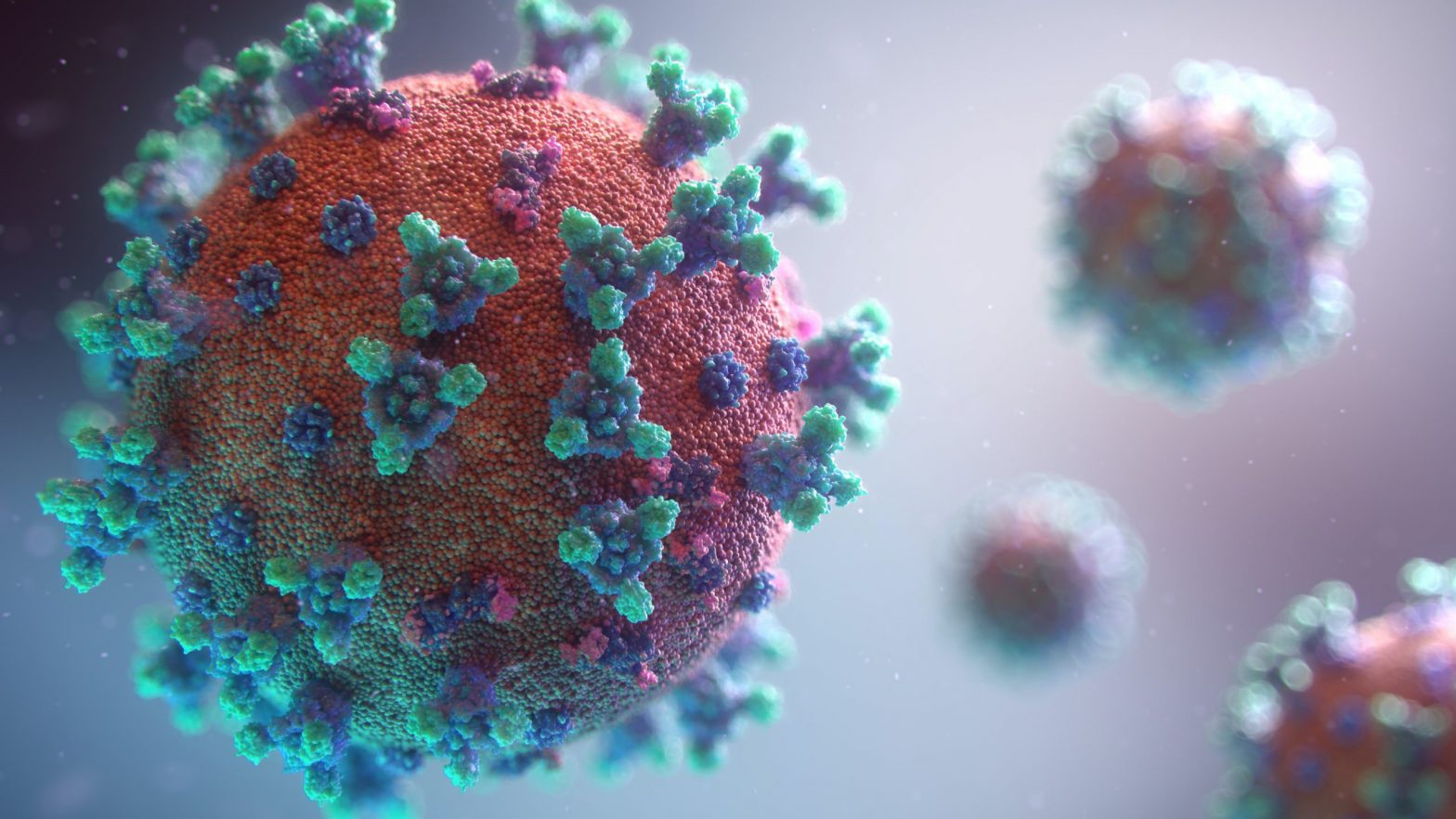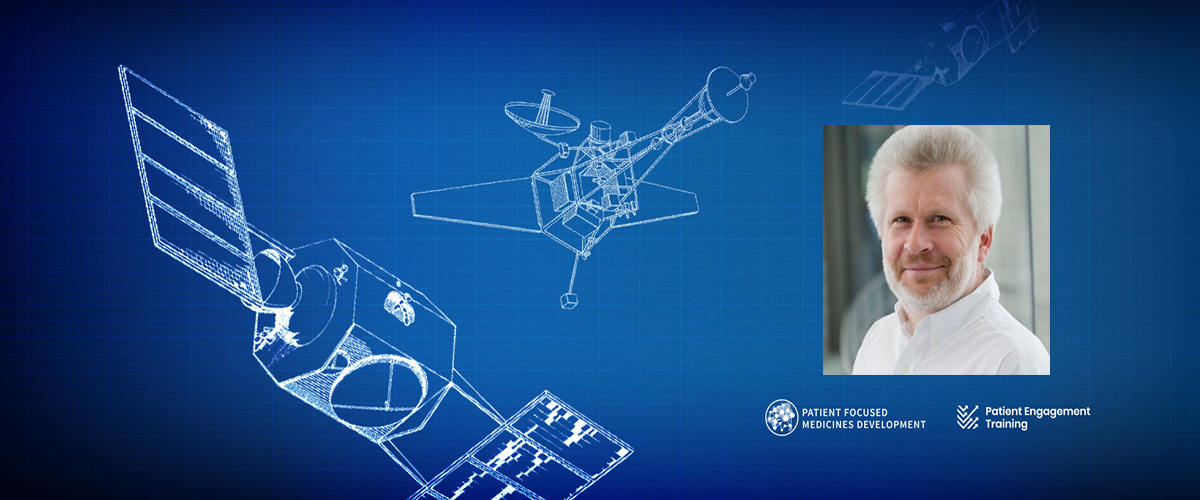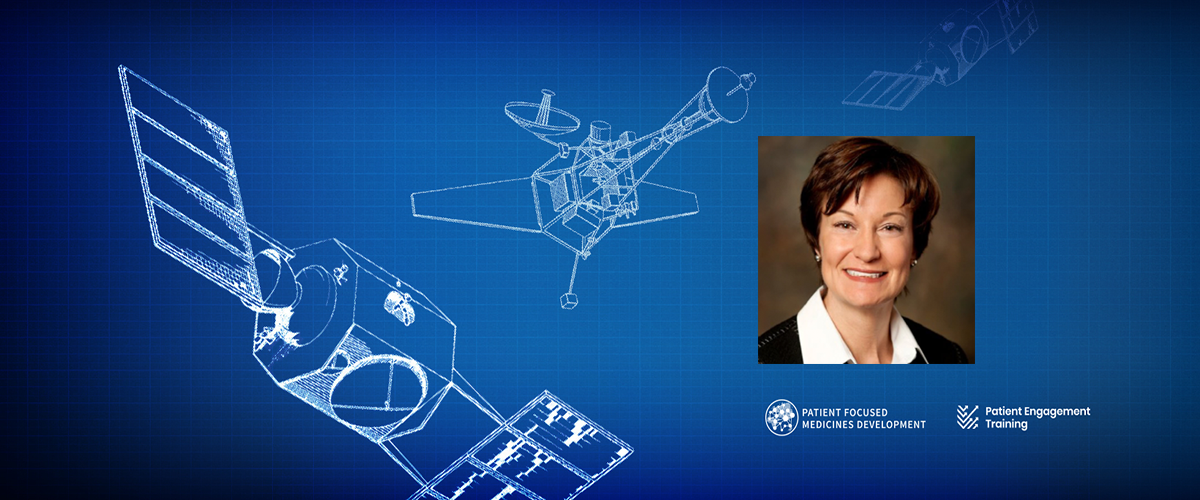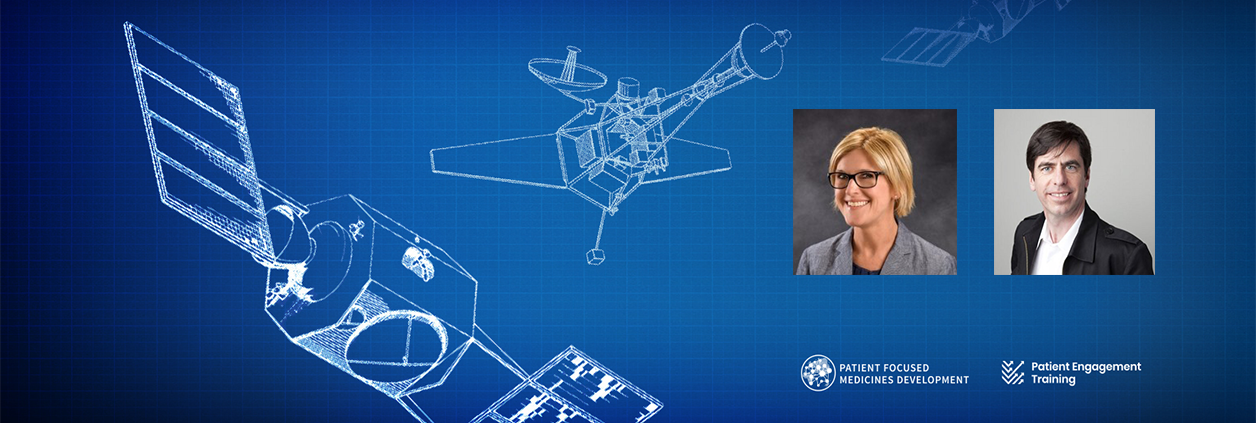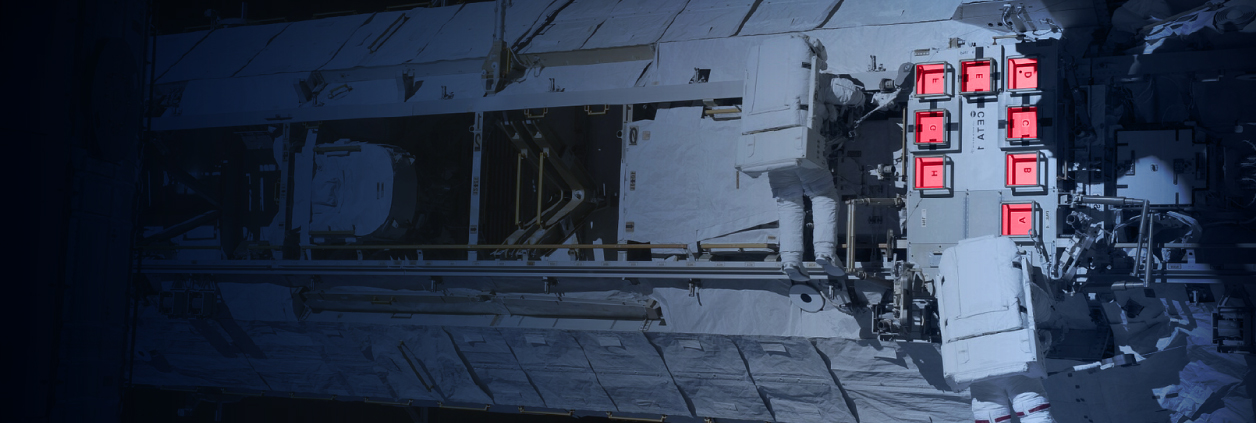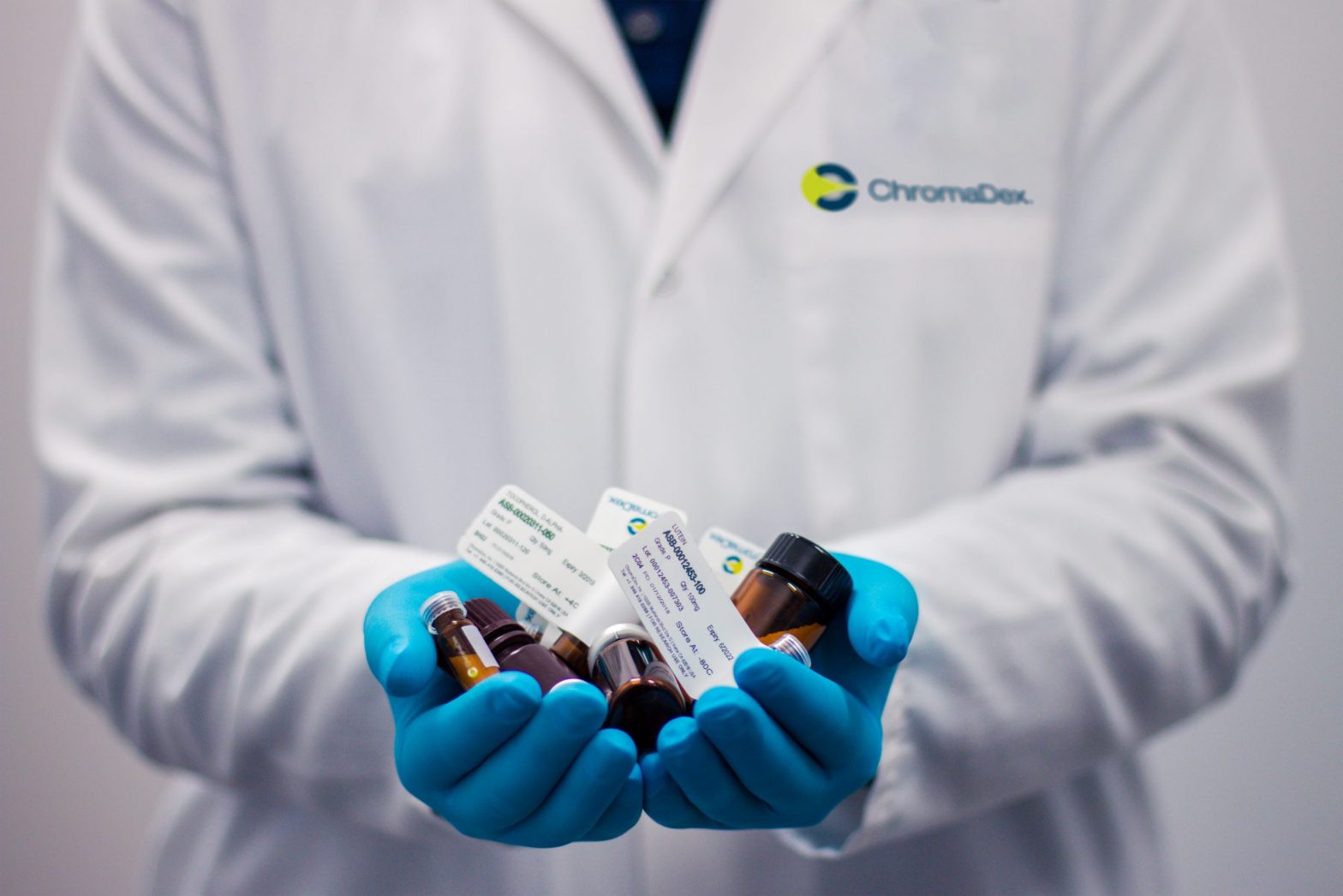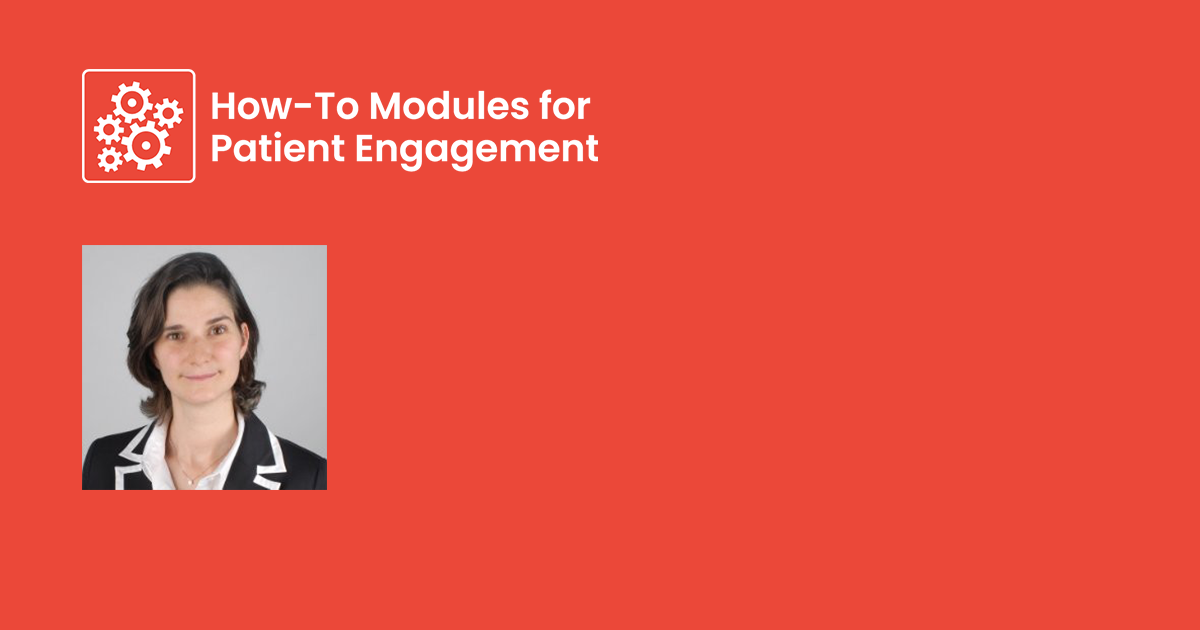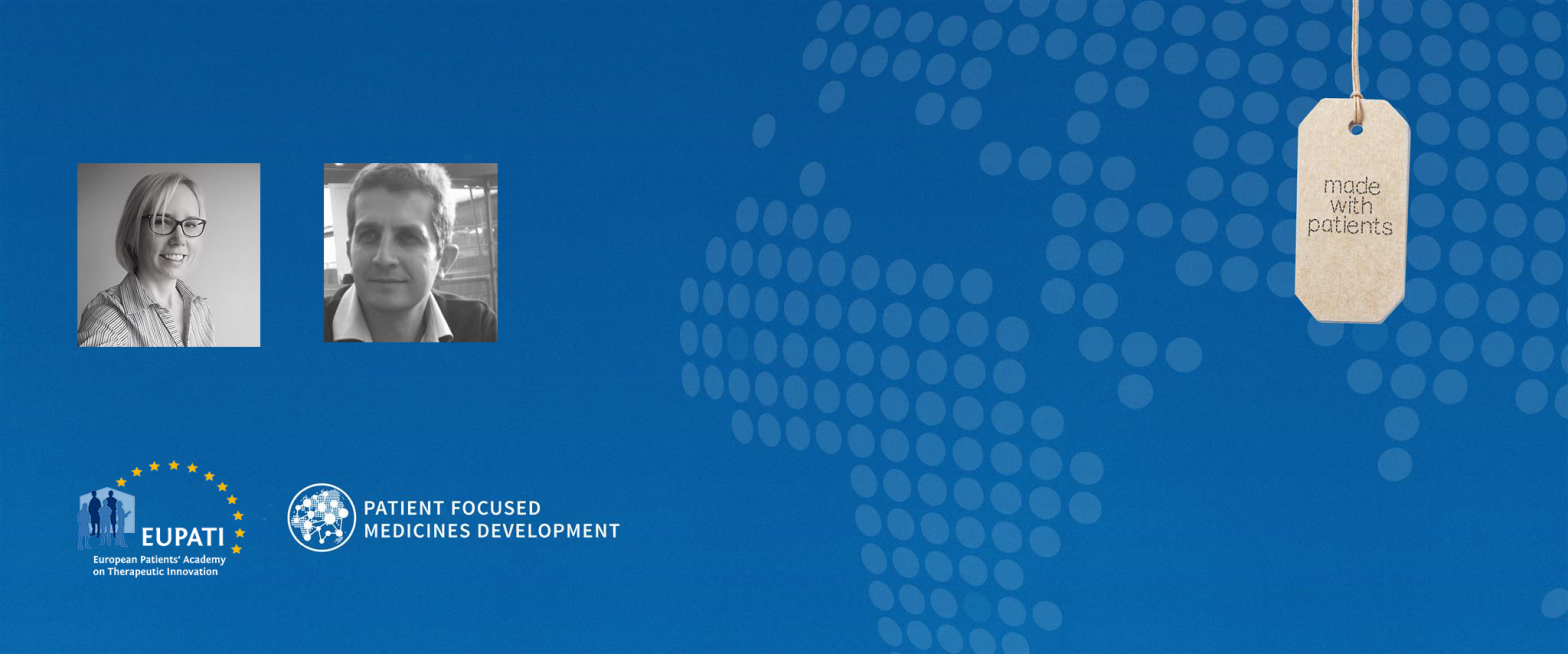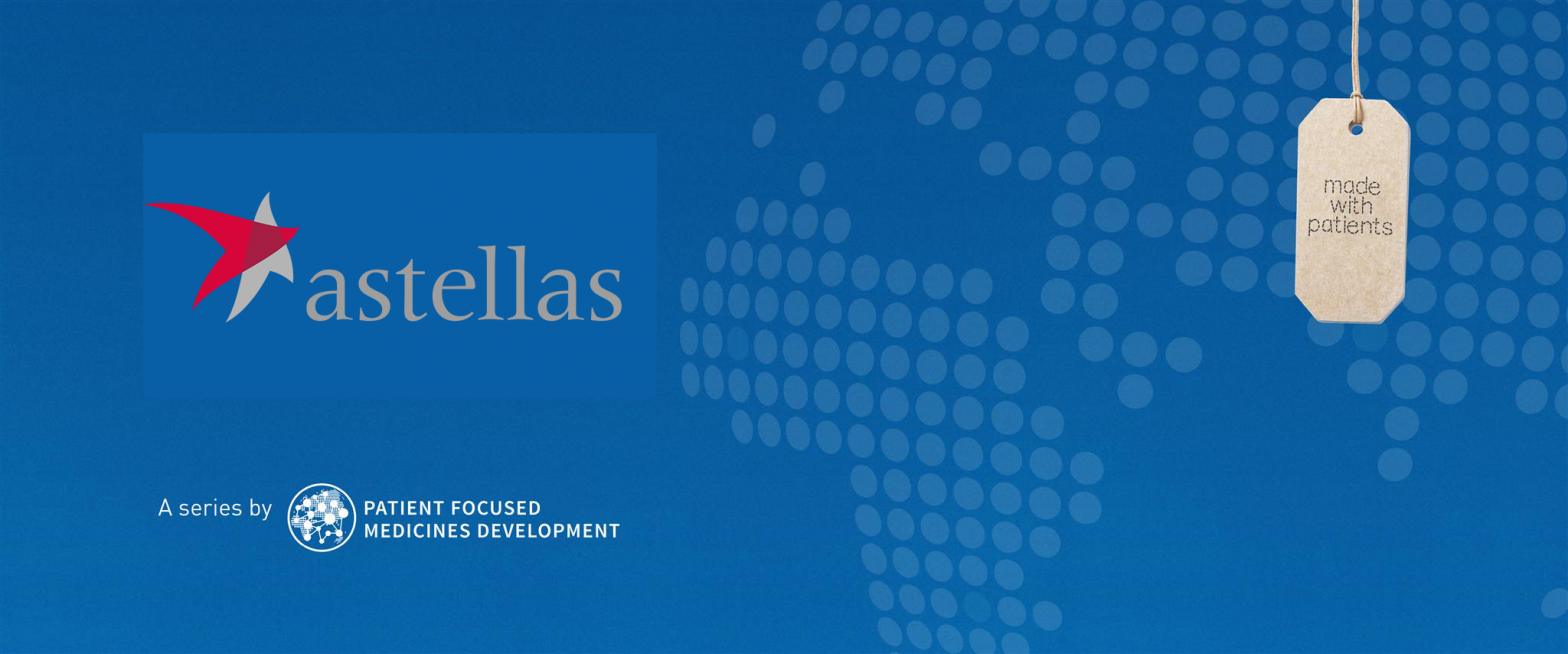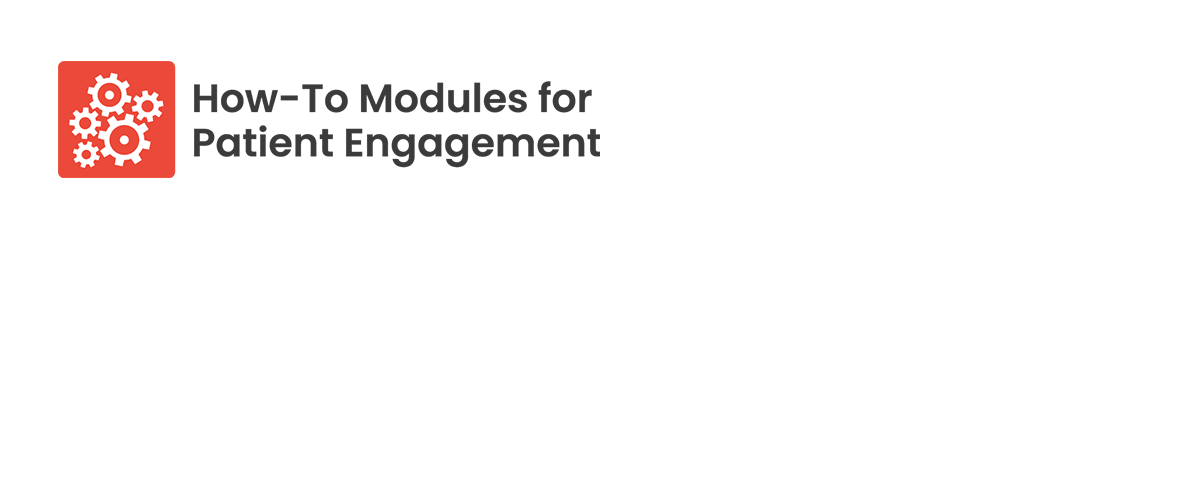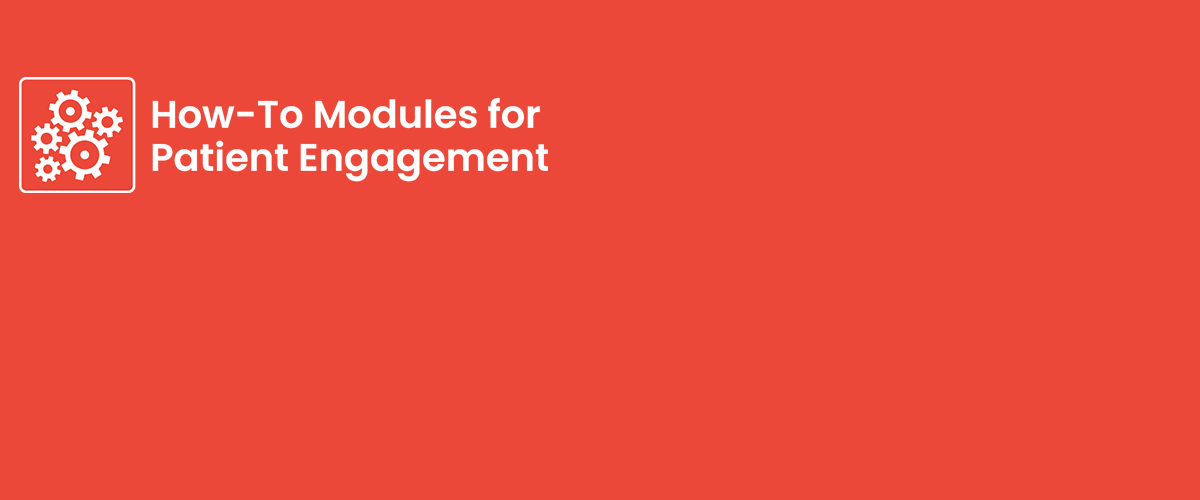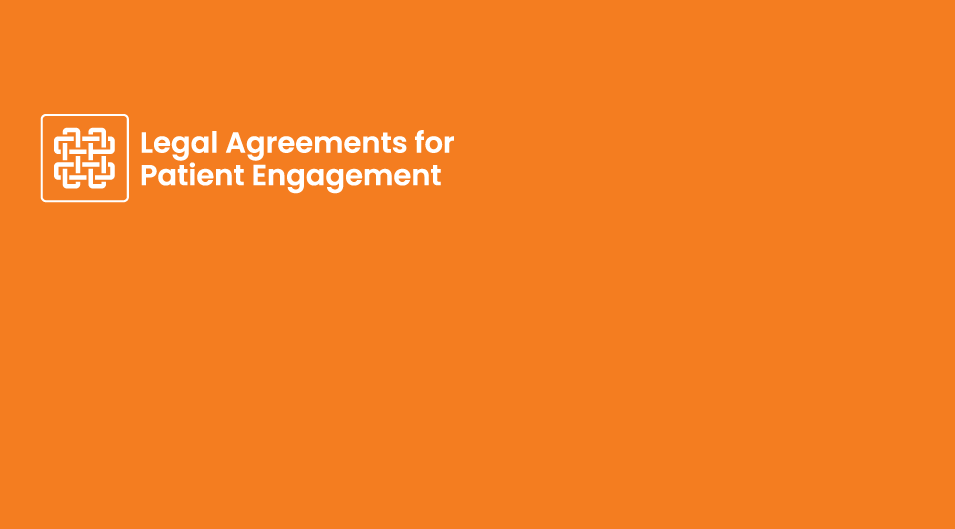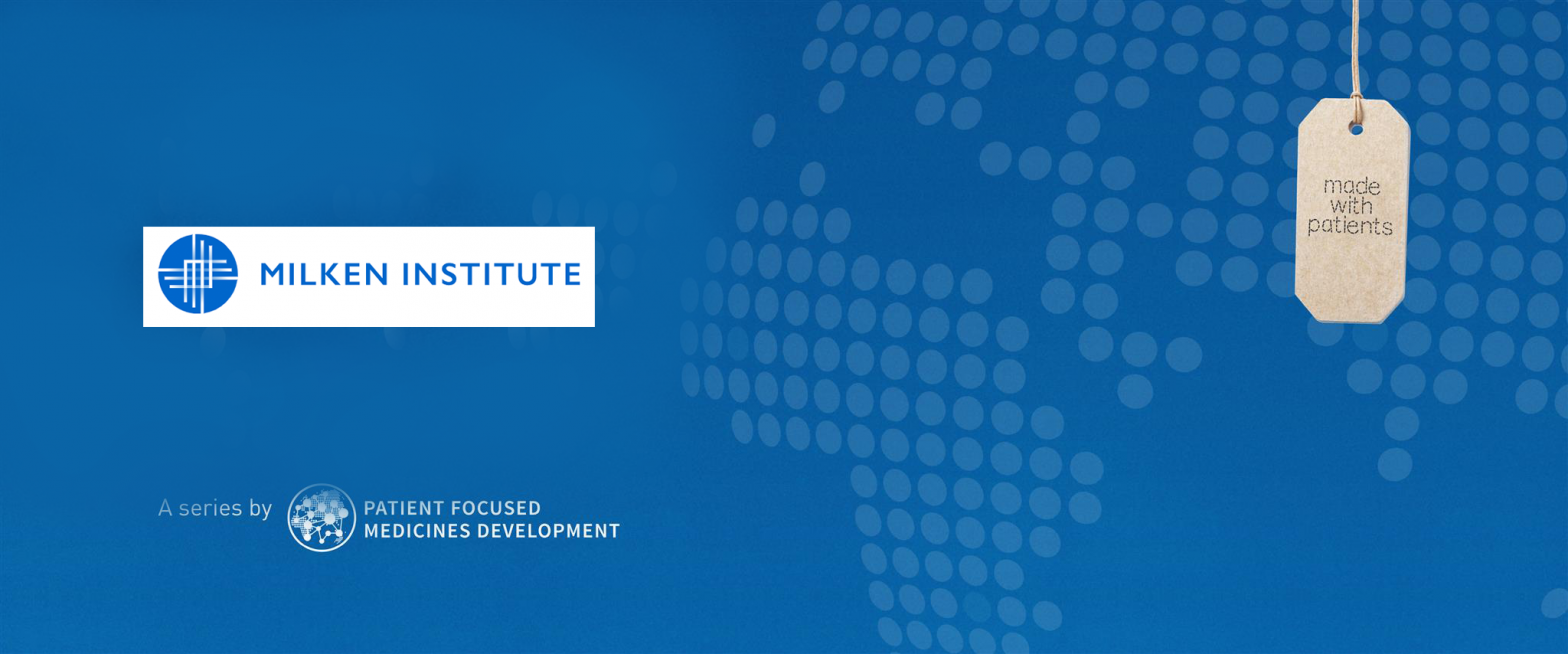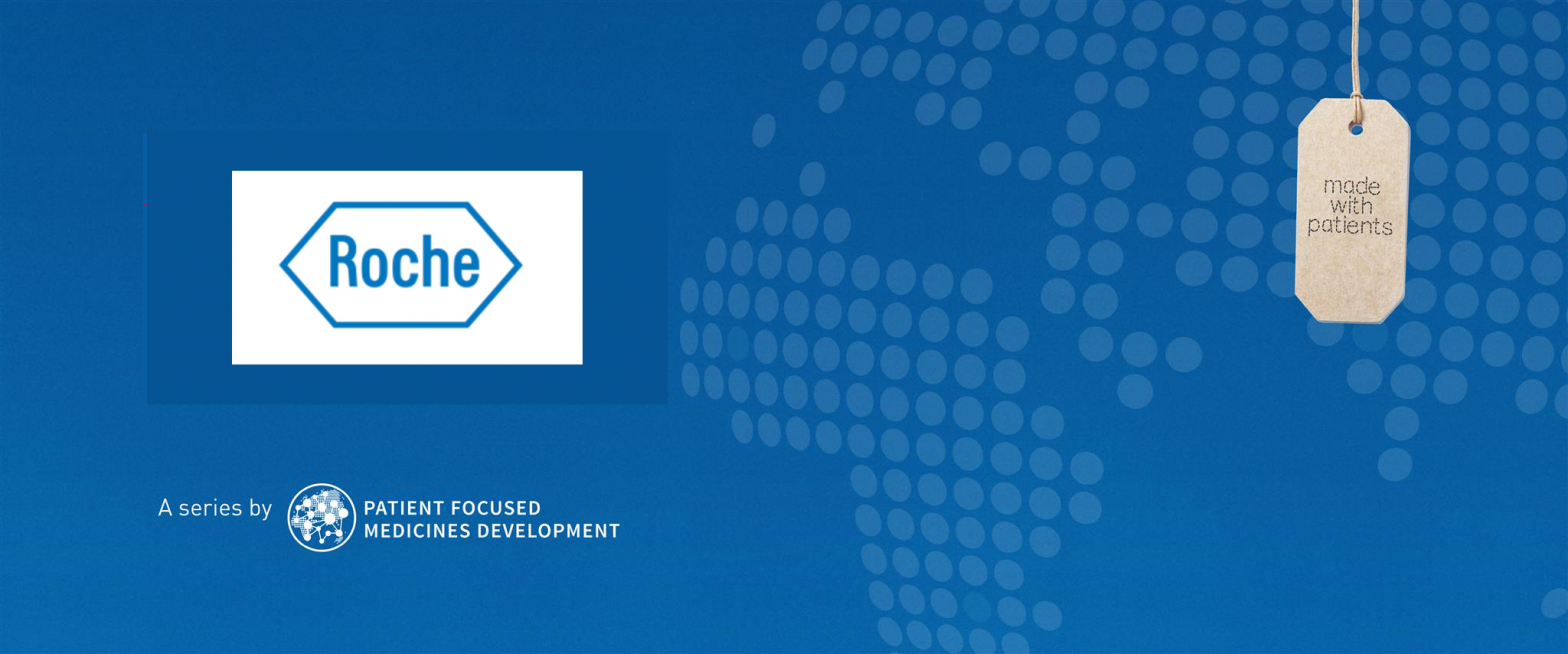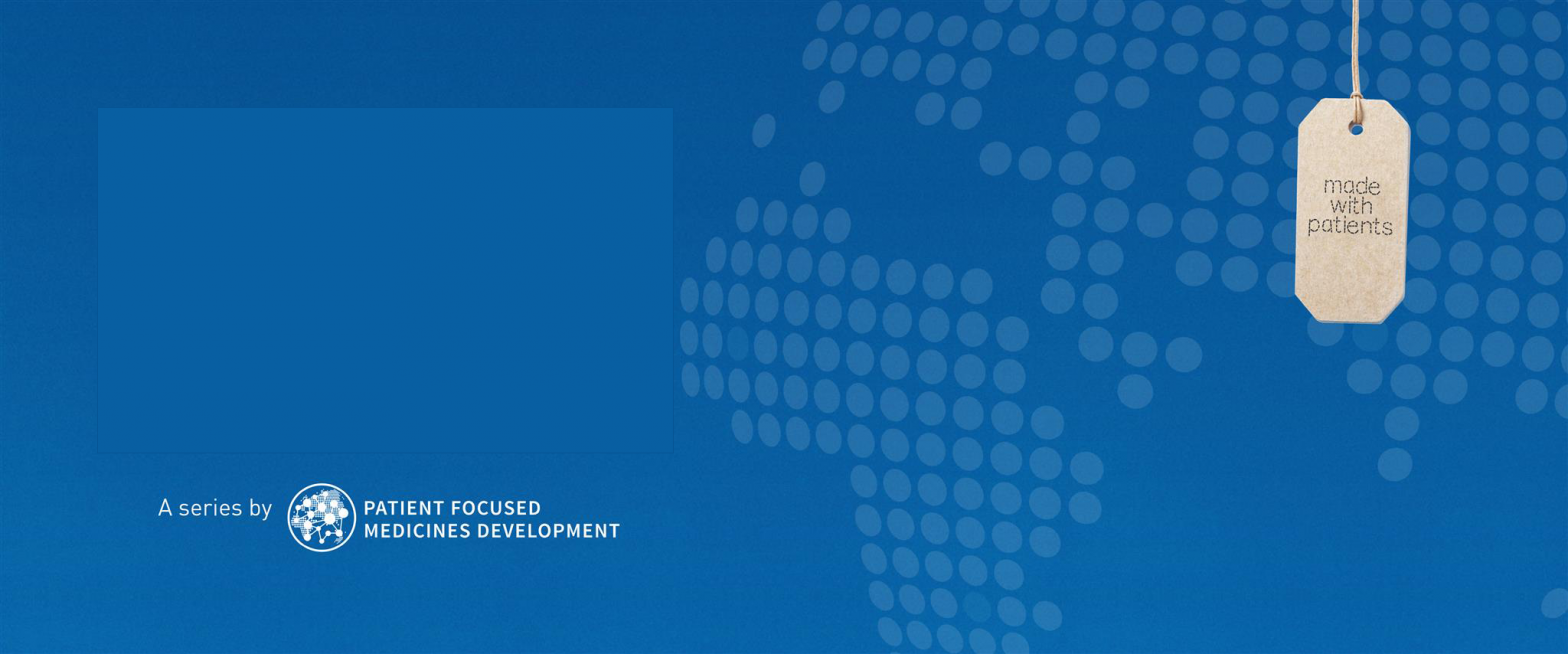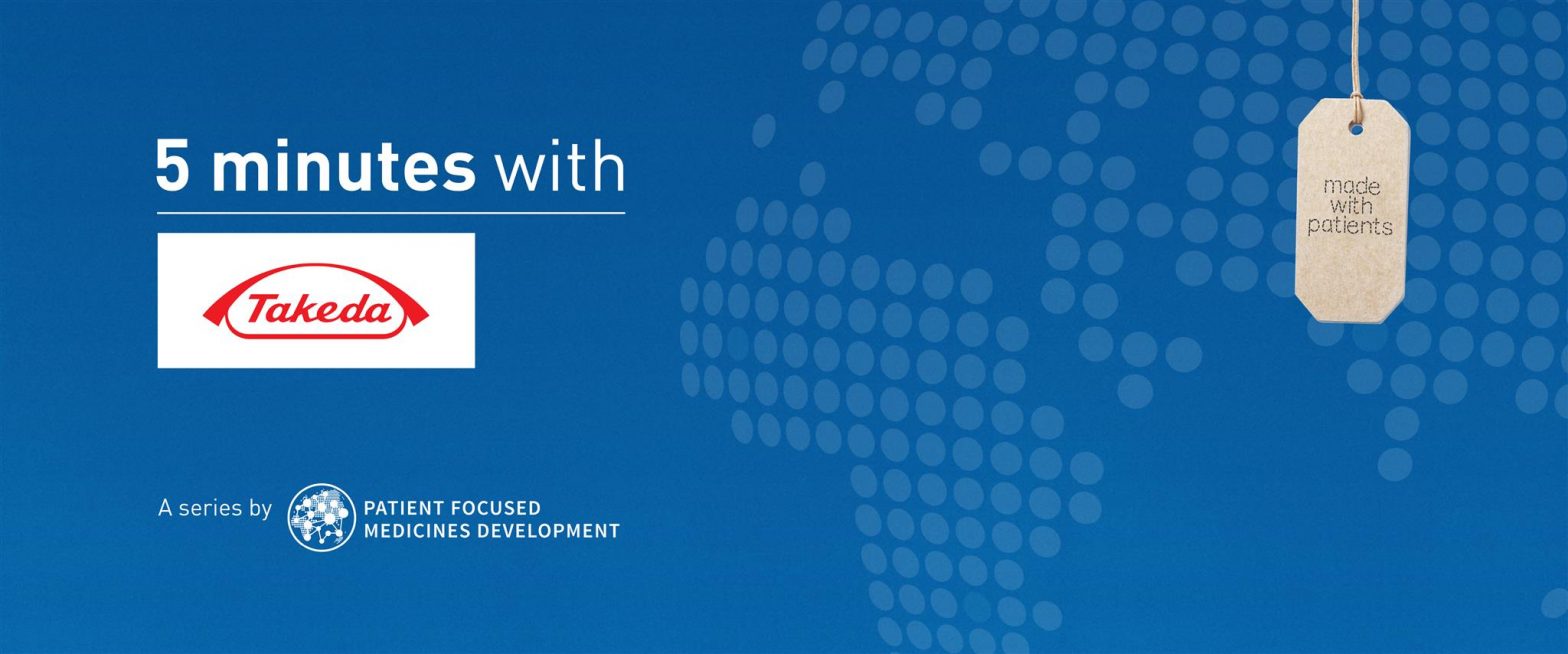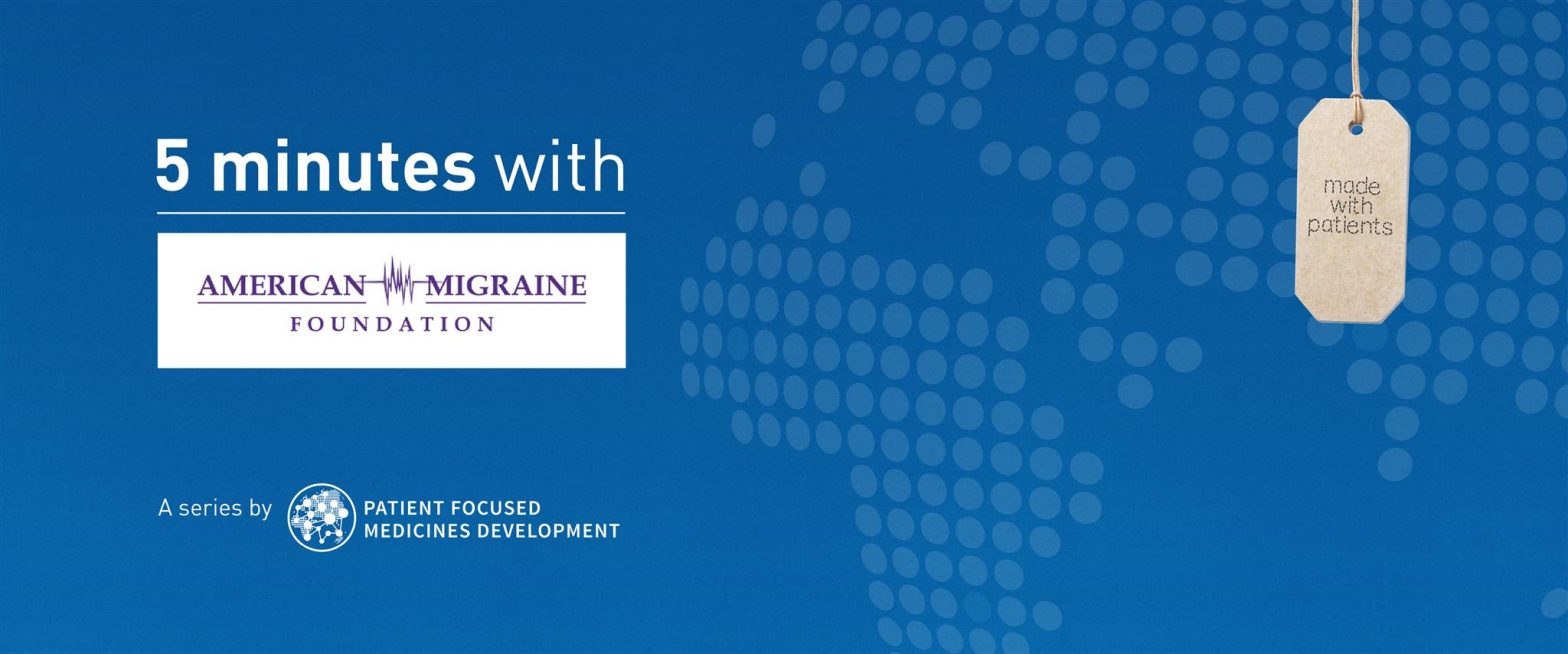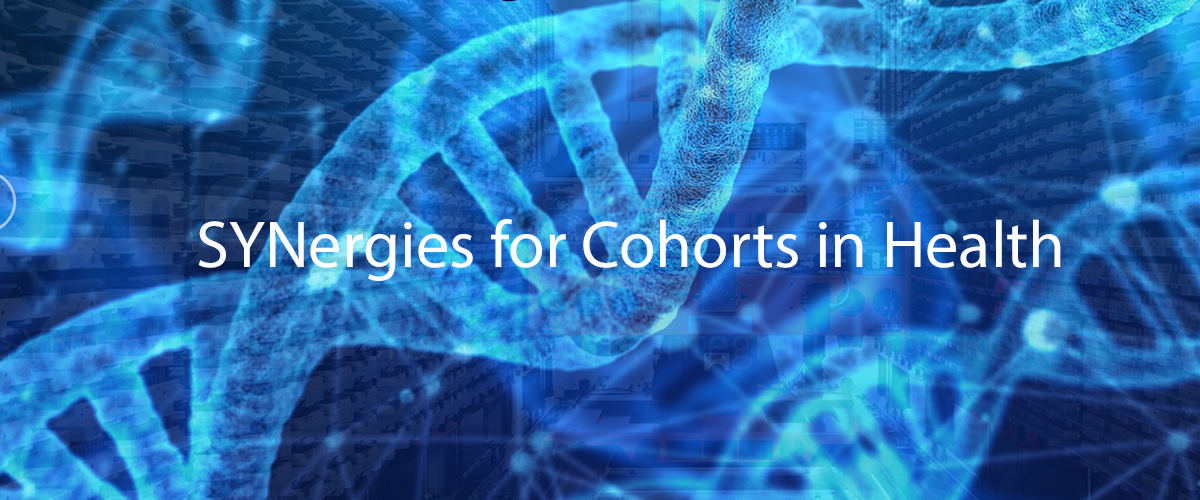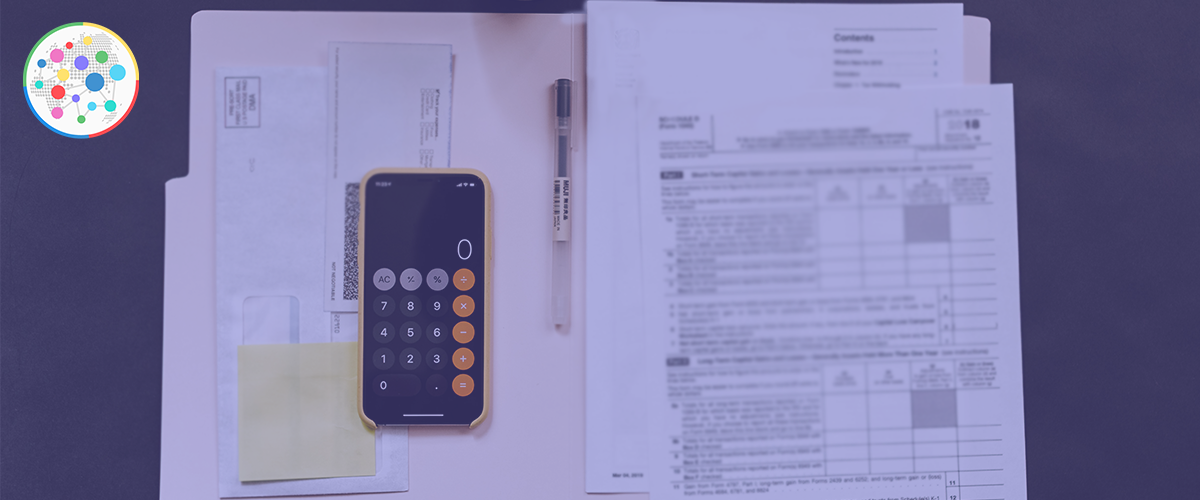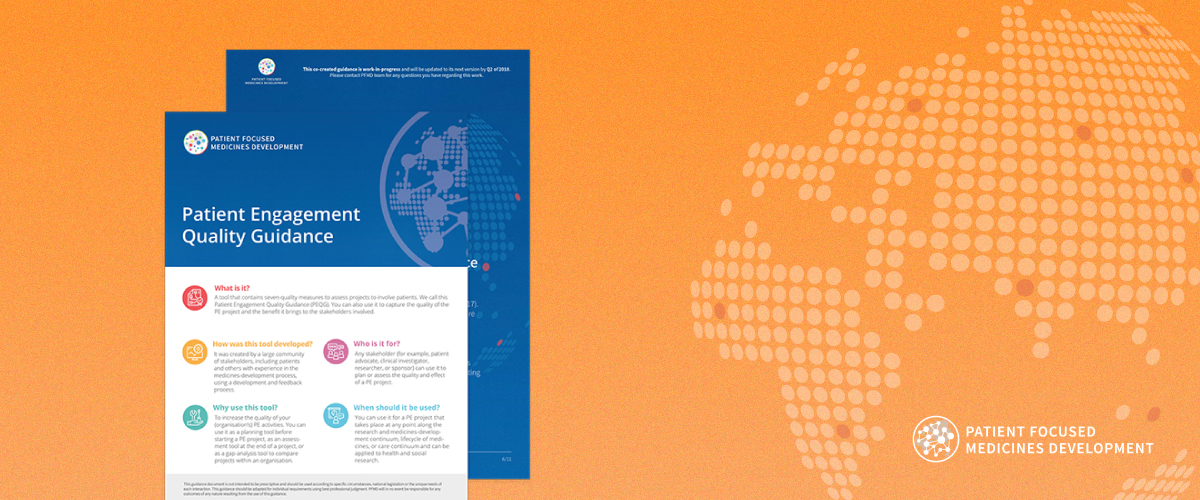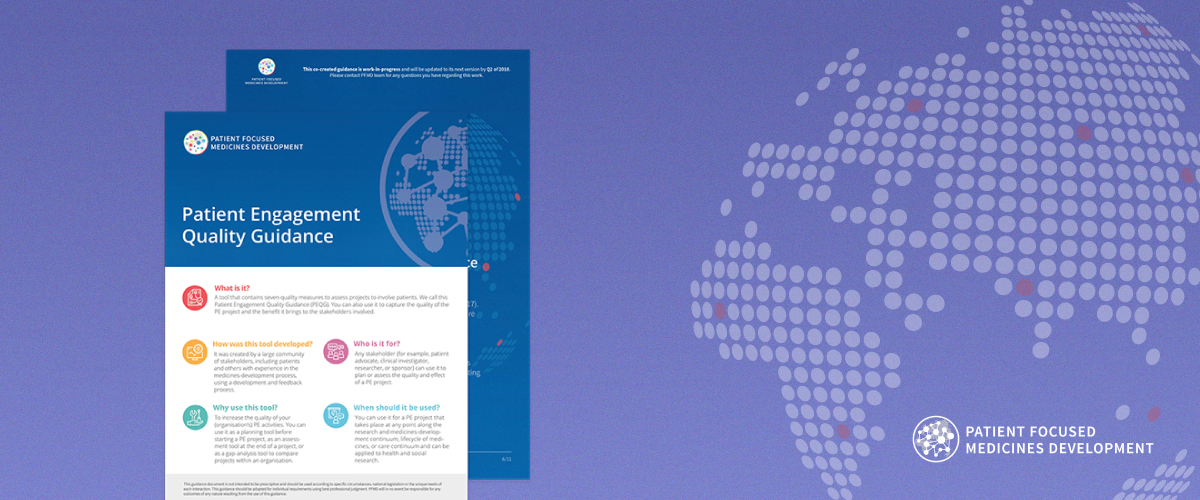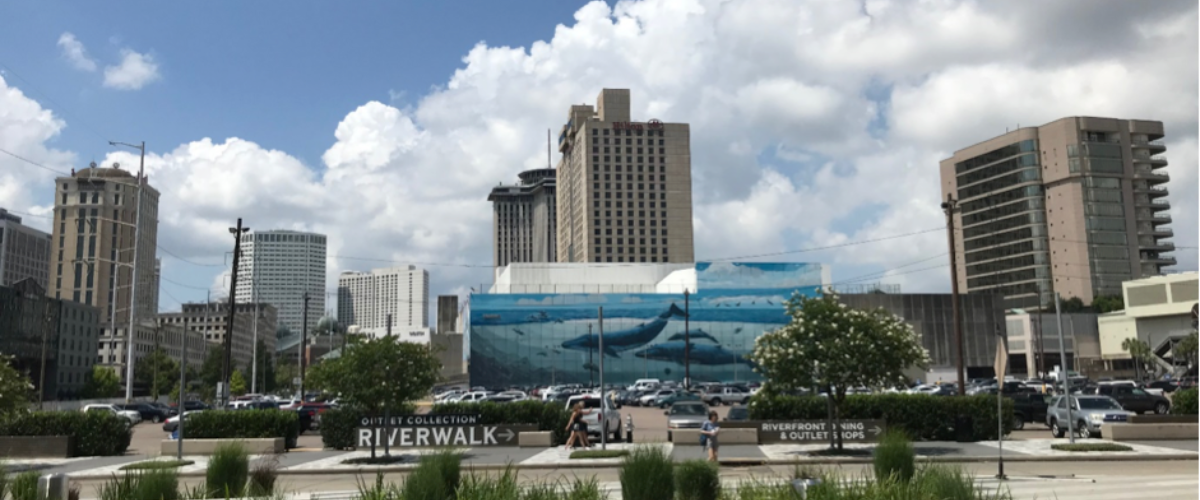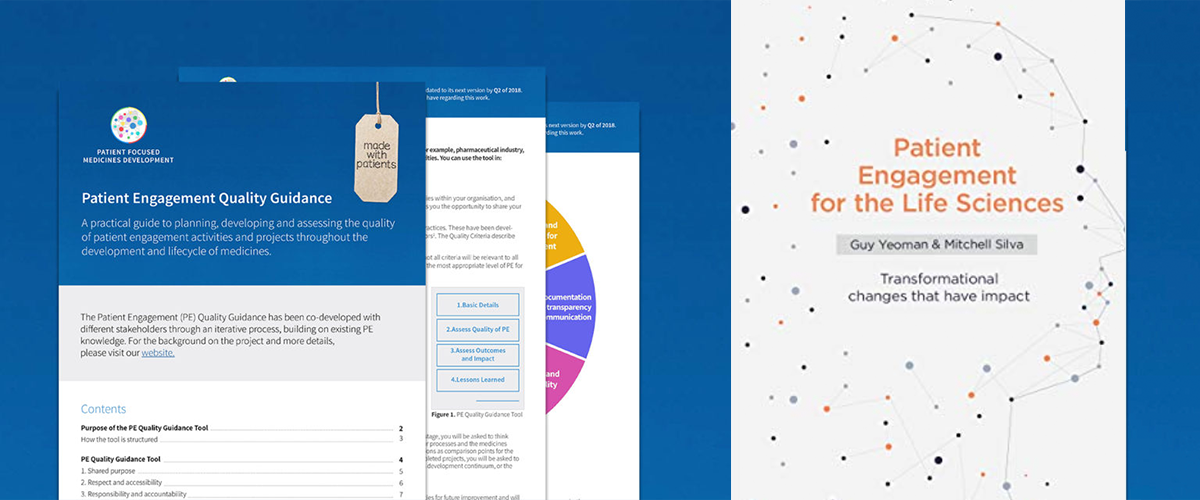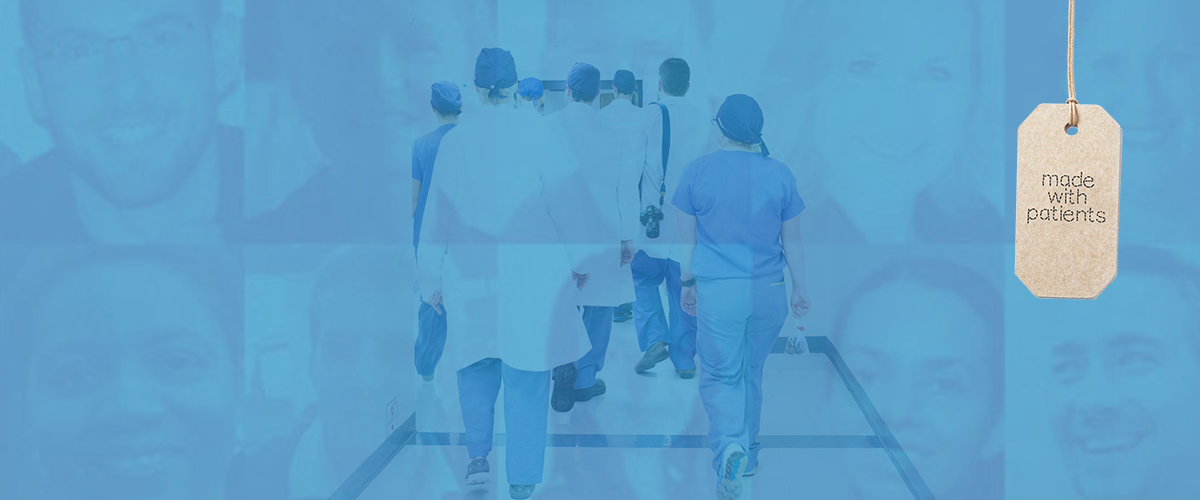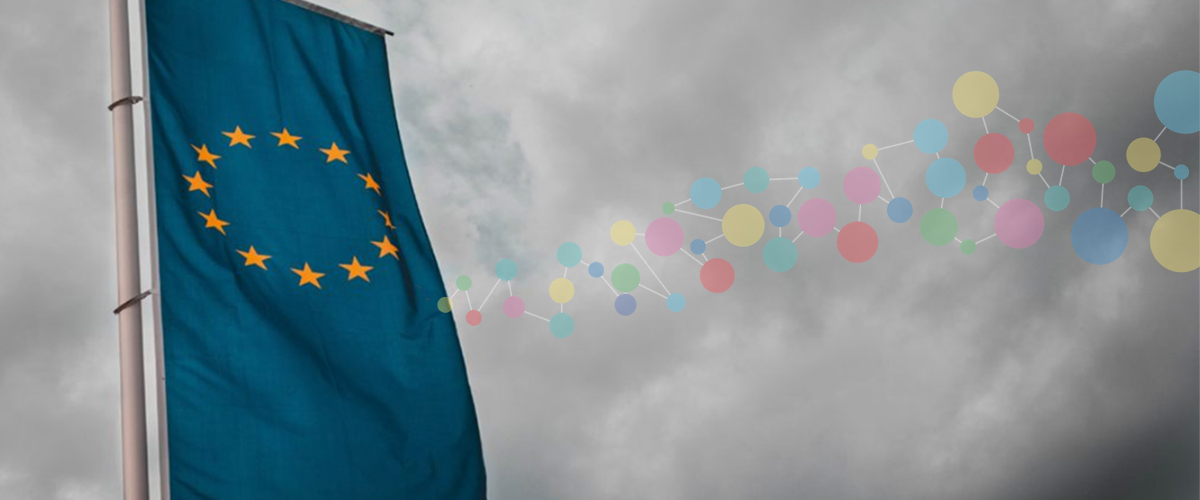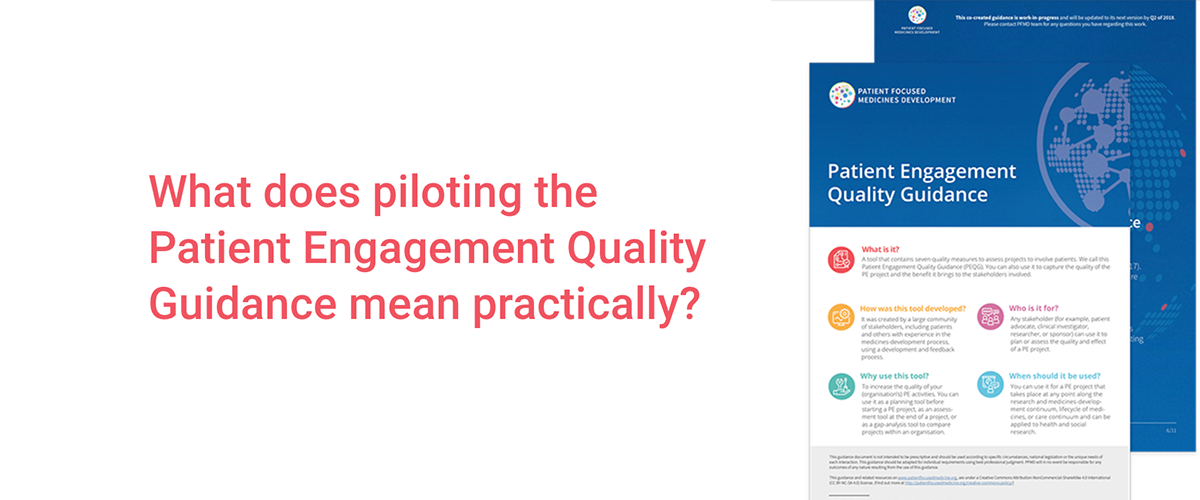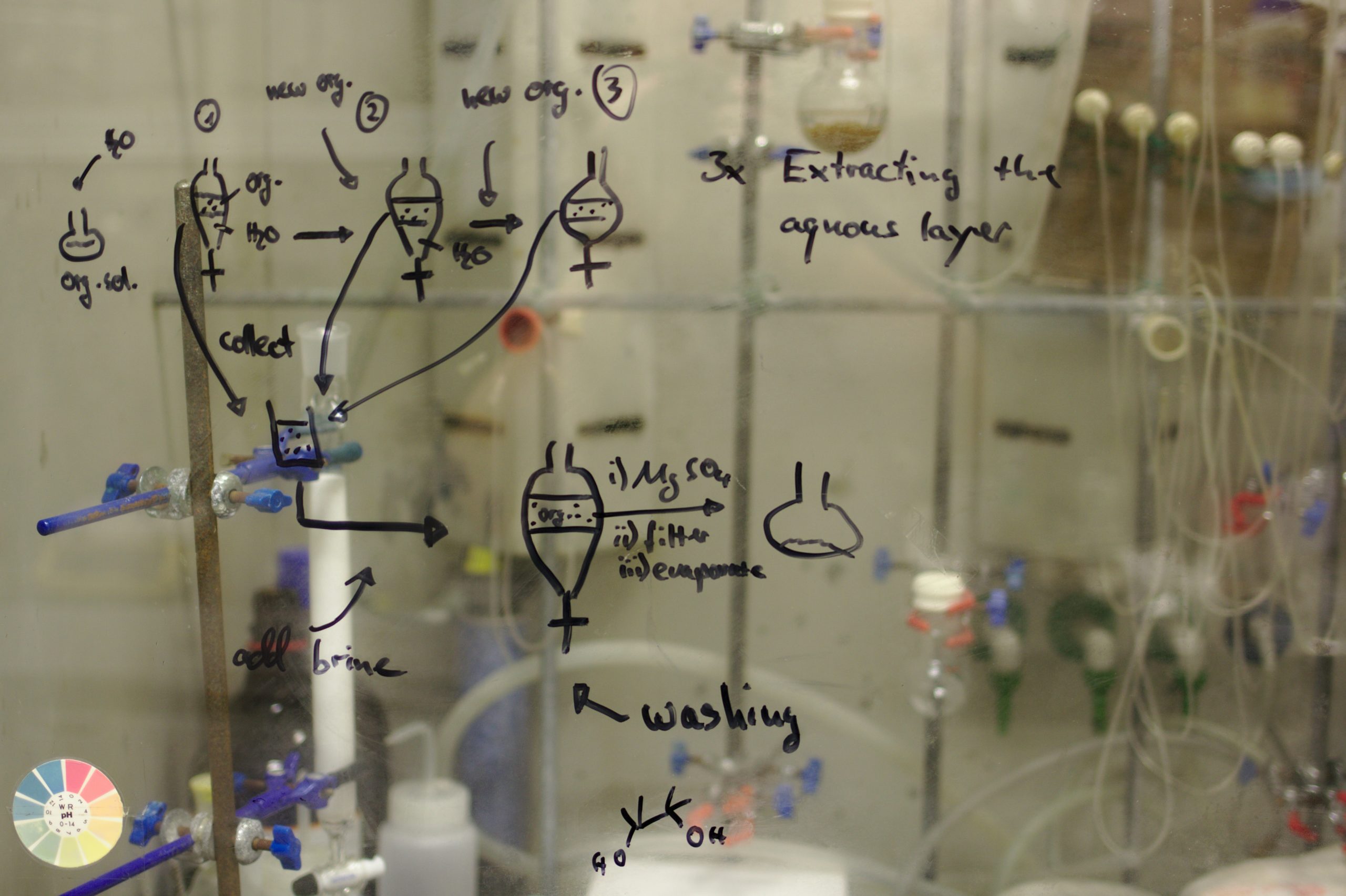Danielle Barron speaks to Chiara Andreoli and Lara Bernardi, Patient Focused Development & Medical Insights, GlaxoSmithKline Italy about a patient support programme that proved its worth as the pandemic took hold
Patient support programmes (PSP) have come into their own during the Covid-19 pandemic, providing high-risk patients with at-home care and support at a time when hospital attendance is inherently risky.
A striking example of one such PSP is the GSK-initiated “Aria di Casa”, which was set to finish just prior to the pandemic but instead continued and even expanded following pleas by patients for help and support.
The programme originally sprung from patient needs and insights captured through active listening to patients with severe eosinophilic asthma during focus groups as well as the active collaboration with FederAsma e Allergie Onlus, the Italian patient group. It facilitated at-home administration of therapies to patients with this rare but complex disease.
Back in February 2020, Italy was one of the nations worst impacted by the first wave of Covid-19. Its health system quickly became overwhelmed in many parts of the country, and these patients were left exposed and highly vulnerable. Chiara Andreoli explains that the PSP had been working very well prior to the pandemic, helping around 100 patients, despite some initial difficulties in its establishment.
“The relationship with the patient group had been very meaningful and continuous over the past year,” she notes. “It had been built step by step through frequent contacts and mutual listening, even with productive discussions, that led us to converge on common objectives and to implement some projects together, in respect of our different roles. We really established a meaningful patient engagement where we worked together very well, in a real partnership.”
When the pandemic began to peak in March, the GSK Patients & Insights team were contacted by the patient group as they reported the struggles of patients with severe eosinophilic asthma and sought the company’s support.
Lara Bernardi says it was “a challenging scenario”. “Our country was really struggling. The patients came to us with their real needs and we tried to do everything possible. We have a model in place to capture patients’ insights and we analysed all the input that we were receiving.
It was clear that some people simply could not attend the hospital as they were full and the HCPs [healthcare professionals] were not always available, while in some cases patients were scared to go to the hospital.”
“The PSP was in place for severe asthma patients, involving home care administration but it was due to end. We received a request directly from the patients, very strongly seeking help. They said, ‘we are in your hands and we expect you to support us’. In the beginning, it seemed impossible to go on with that project because of budgetary issues – we didn’t have the budget to continue or expand the programme,” Andreoli admits.
Despite these realities, GSK pushed forward with a “whatever it takes” approach, Andreoli says, adding that the agility shown by all stakeholders was unprecedented. The budget wasn’t the only hurdle – the national emergency was ultimately absorbing all the nurses available in Italy, creating a lack of specialized healthcare professionals to hire, she adds.
“It was very difficult for external providers of the PSP because of the pandemic and the nurses were difficult to find. Of course, they had planned that the programme was going to finish but instead it began to expand. We also had to establish a daily checkpoint with the patients to understand the regions most affected, and it was almost impossible to reach doctors or speak to them.”
Step by step, the programme continued and began to grow, with a steady increase of patients every day, and expanding the programme to new patients/centers as soon as the provider was able to hire and train new nurses. Now it treats over 300 patients across Italy, in their own homes in a safe and efficient manner. “The patients told us their real needs and we built on that basis,” Andreoli says.
At every phase of the project, all stakeholders were kept informed via daily digital communications and checkpoints as everyone tried to keep up with the rapidly evolving situation. There was also a strong commitment from medical colleagues working across the different Italian regions.
Andreoli explains that the PSP activation required an open dialogue with the participating centers and with the doctors participating in the programme but, due to the overload faced by hospitals/HCPs during the emergency, communication was frequently intermittent. “The imperative was to help the doctors, without interfering in any way with their urgent activities in response to the emergency, so the communications adapted to meet HCPs’ needs.”
And although patients were reluctant to engage in telemedicine, preferring face to face contact, Andreoli explains that when several digital touchpoints were employed as part of the PSP as the pandemic hit, patients eagerly embraced them. “They told us they had completely changed their attitude regarding digital because with Covid, they associated digital with safety. Obviously, these patients were a very risky category as far as Covid is concerned, because if they get Covid it could be very dangerous for them,” she adds.
As the pandemic continues, this PSP or other programmes to support patients will also continue, vow Bernardi and Andreoli. “This was a true partnership with patients, one that was really powerful and really strong. They had so much trust in us that they raised their hand and said we have a problem and we need your help. This will be a continuous and meaningful partnership and we will continue to capture their true needs and try our best to support,” Bernardi says.
Andreoli agrees. “The insights gathered from patients were so strong that we made the impossible possible.”


